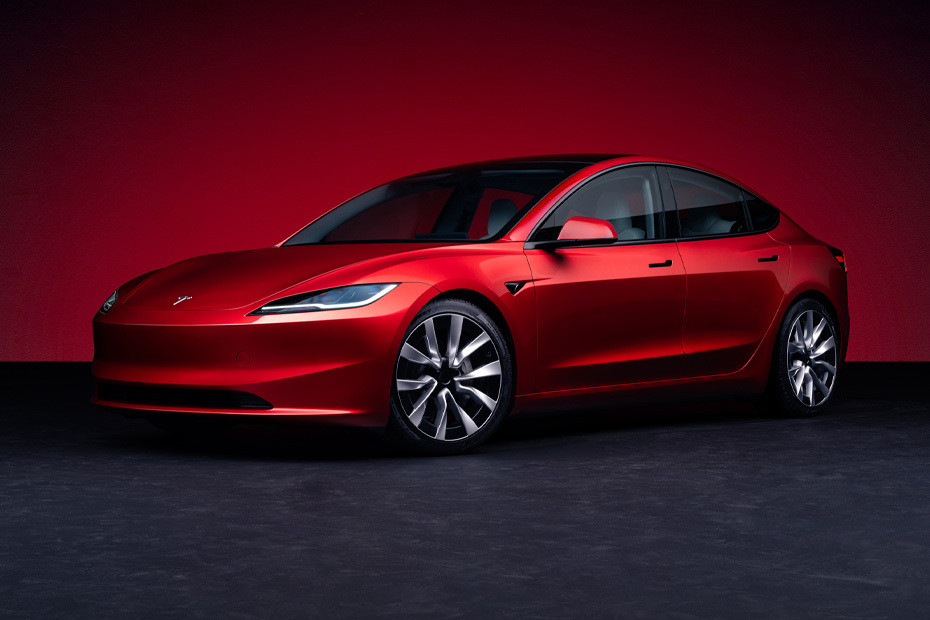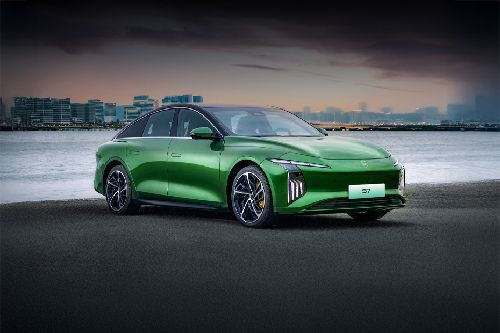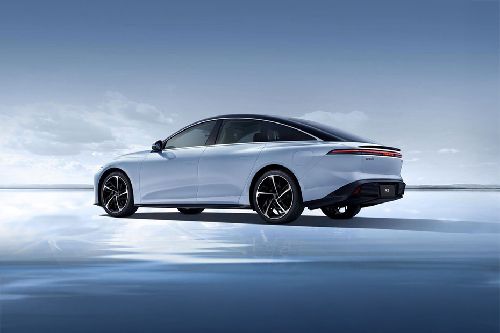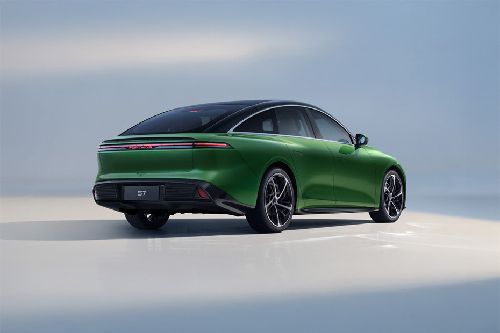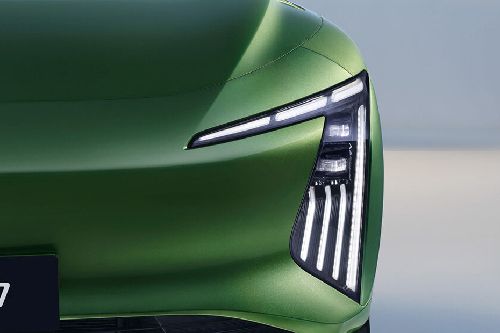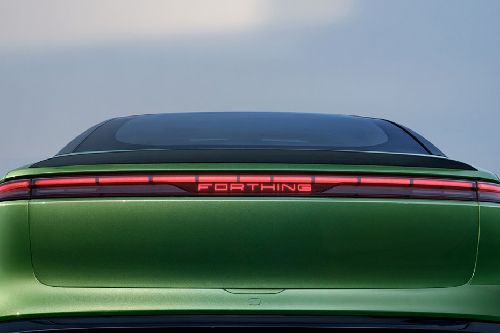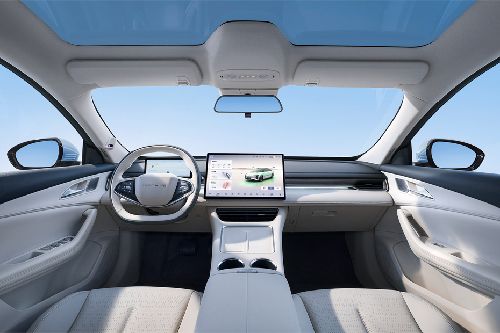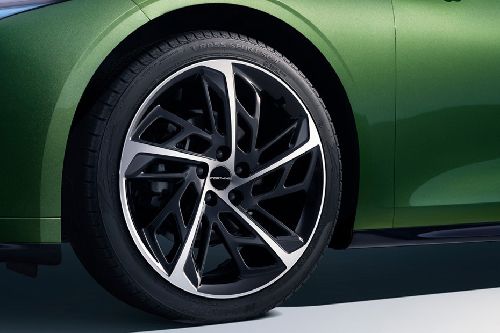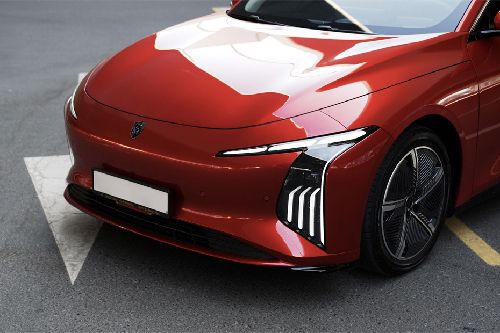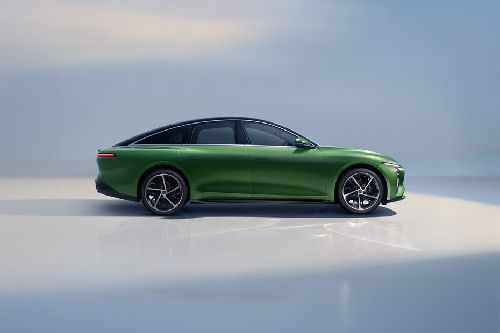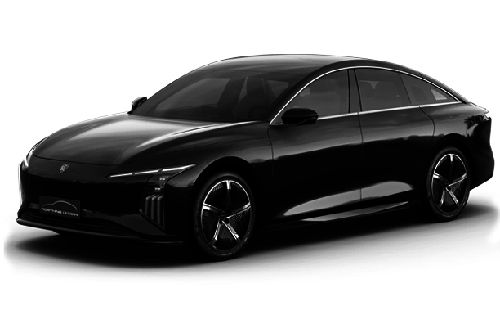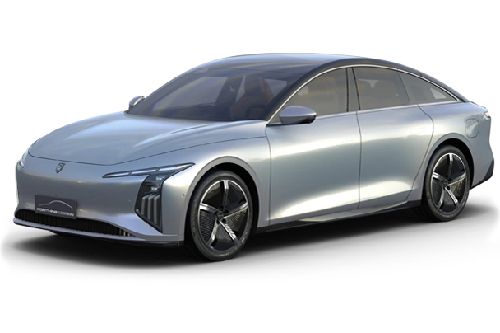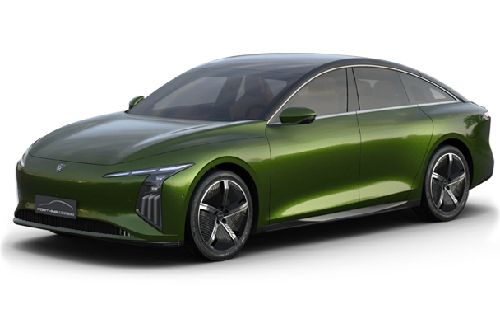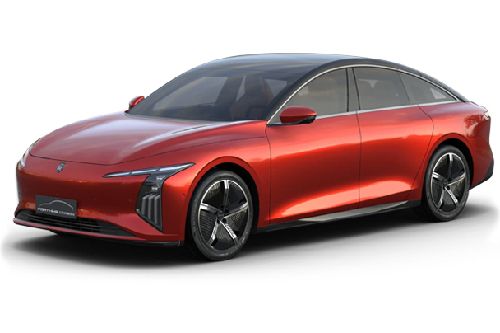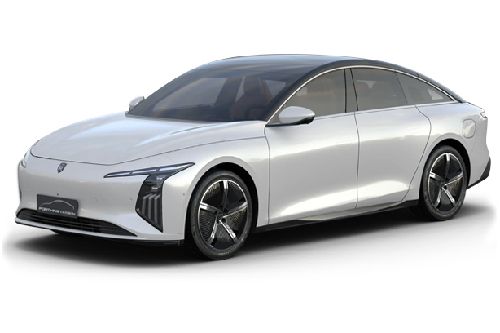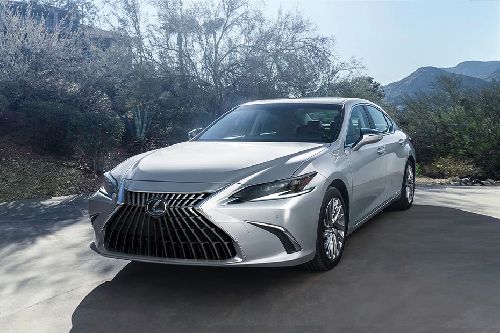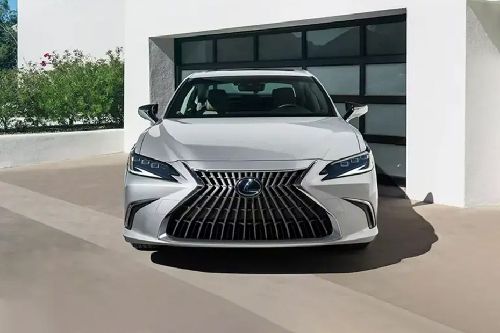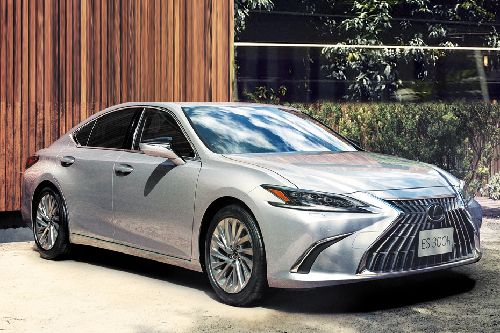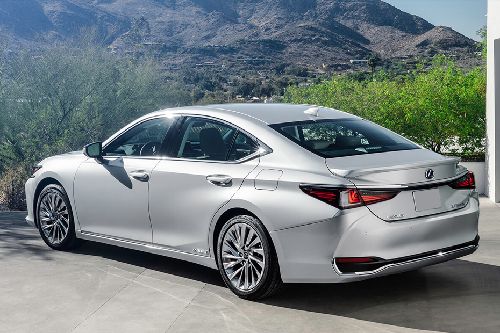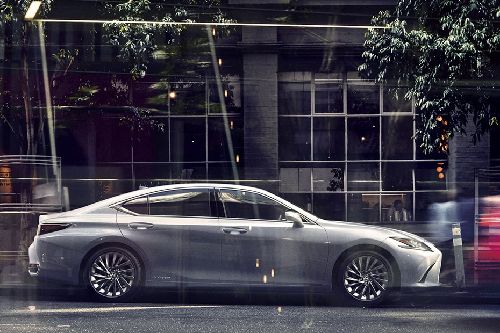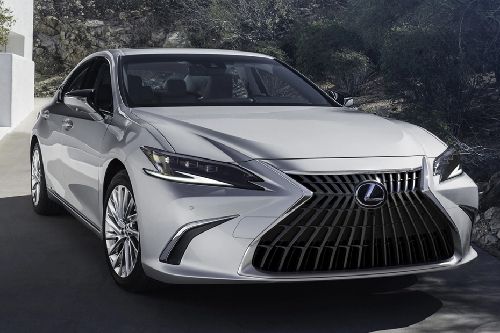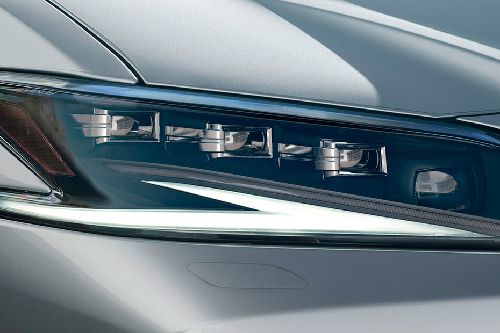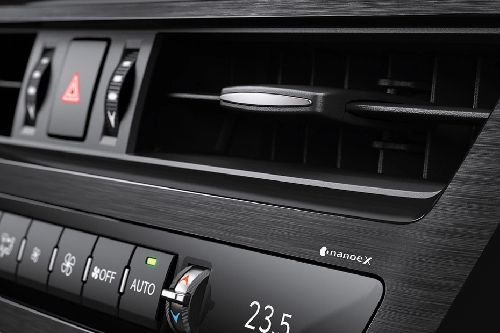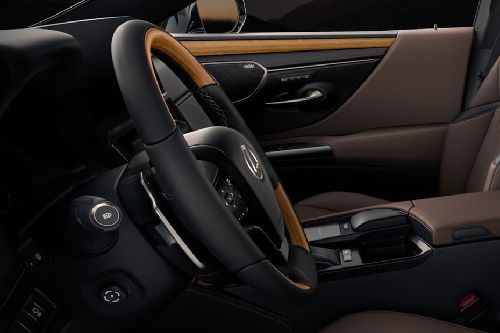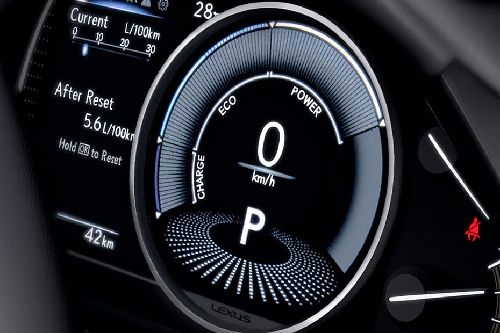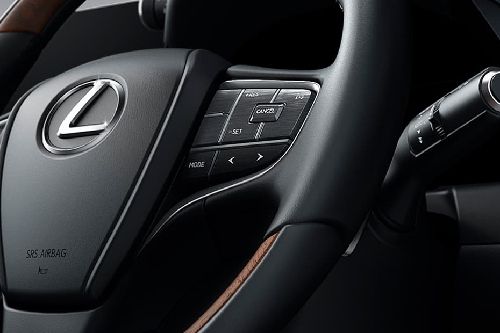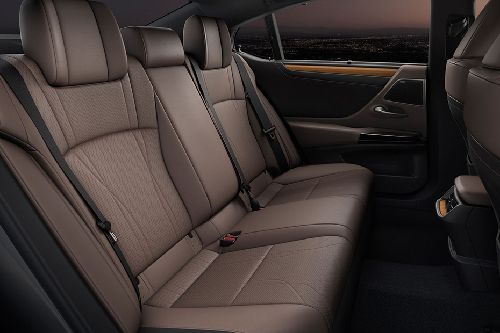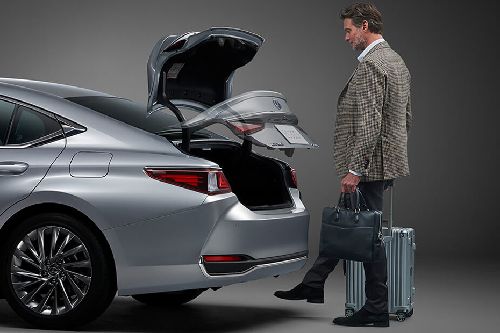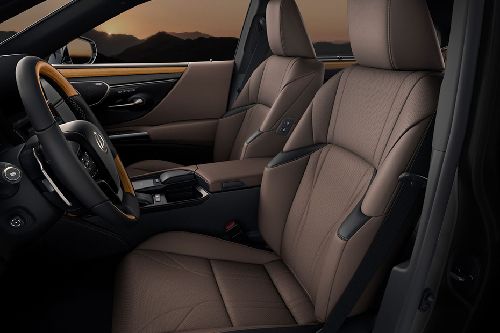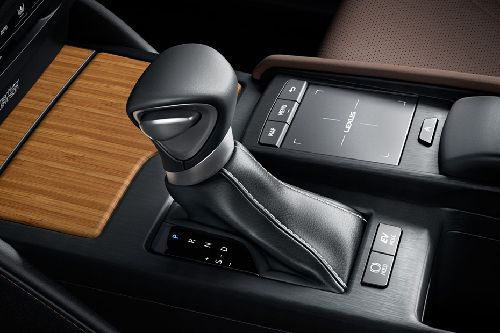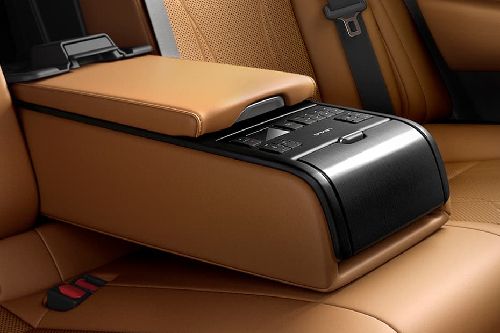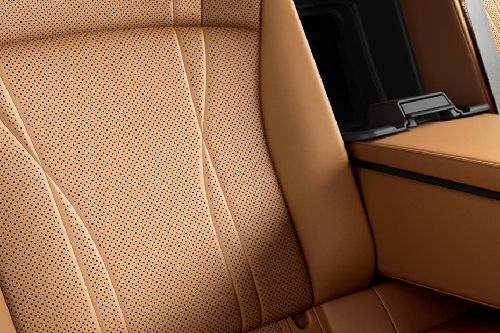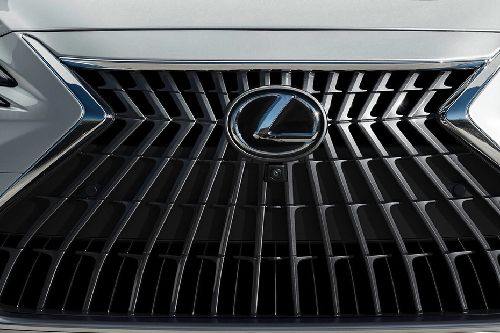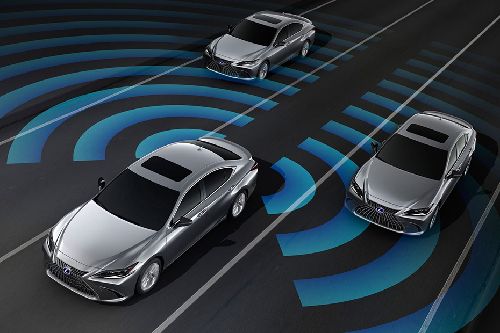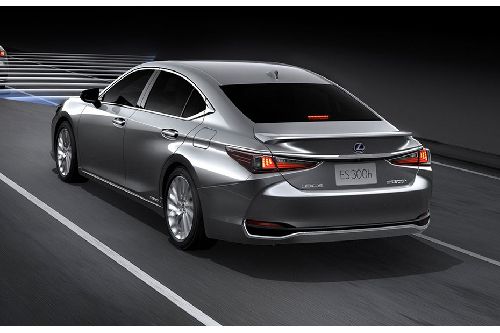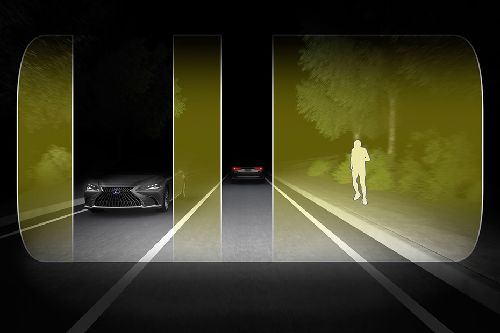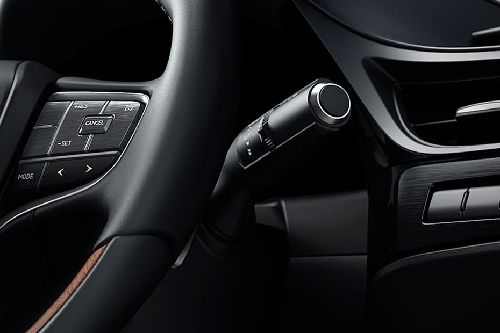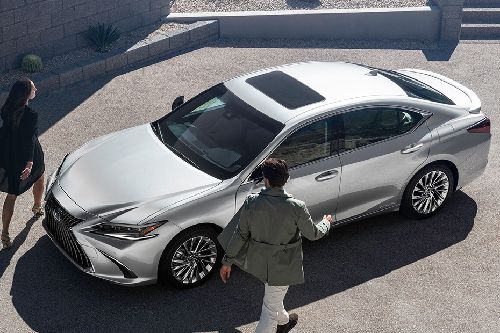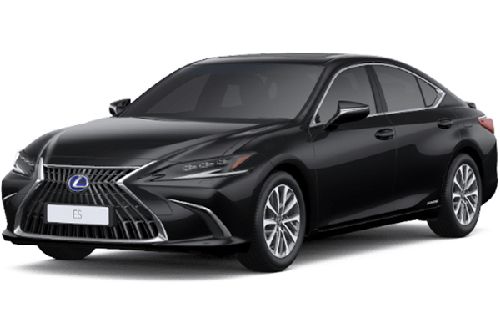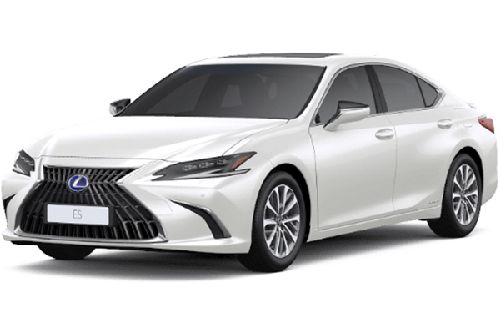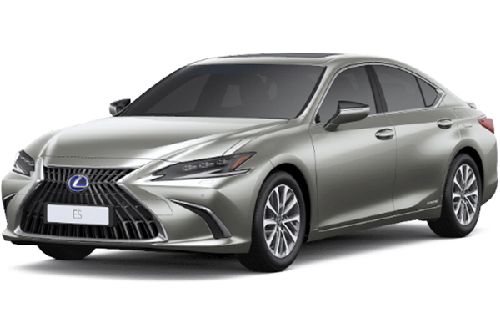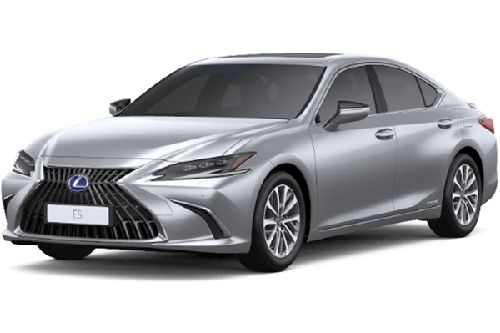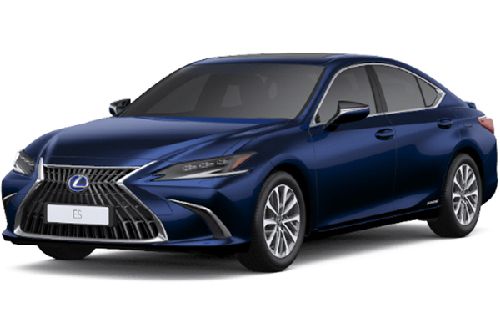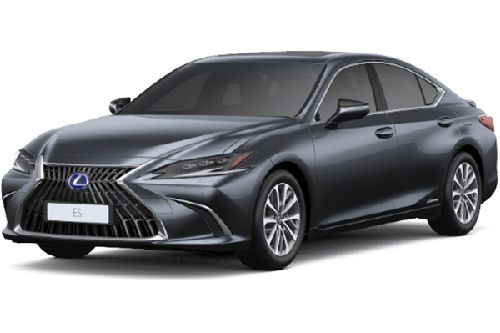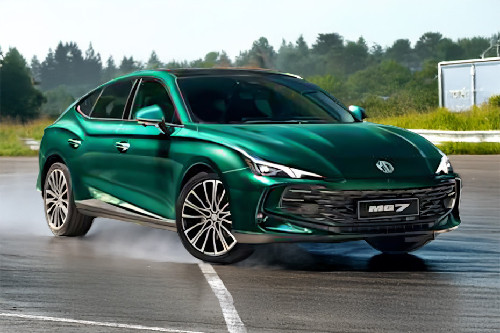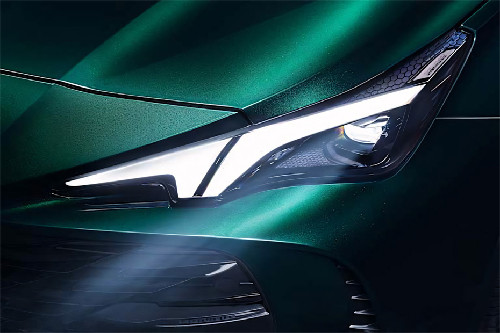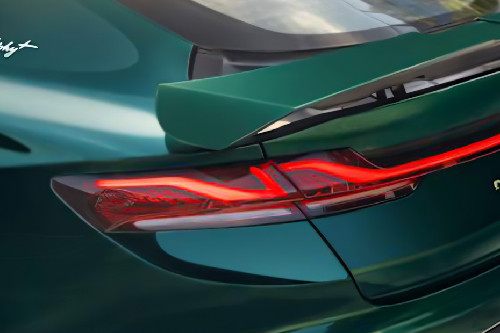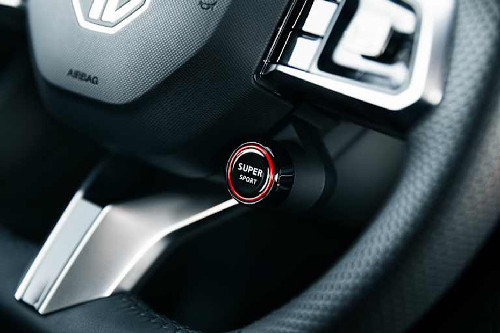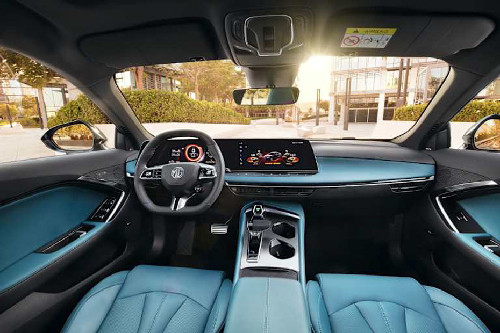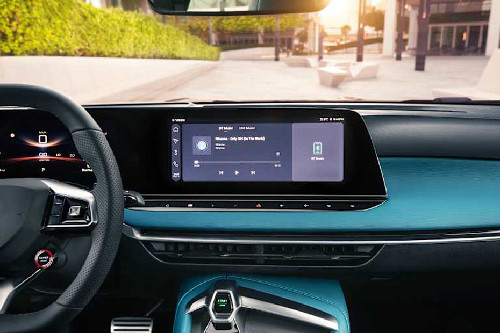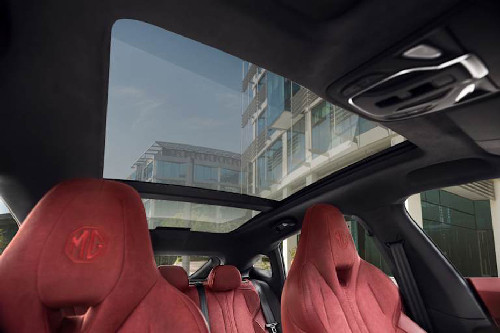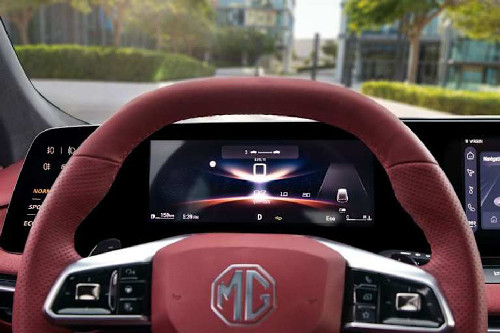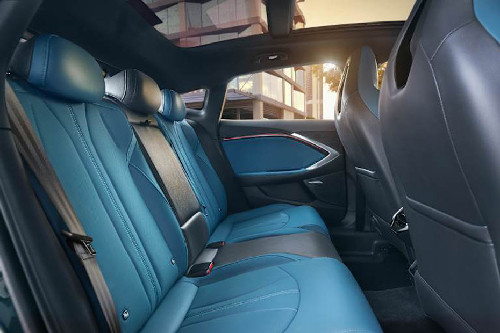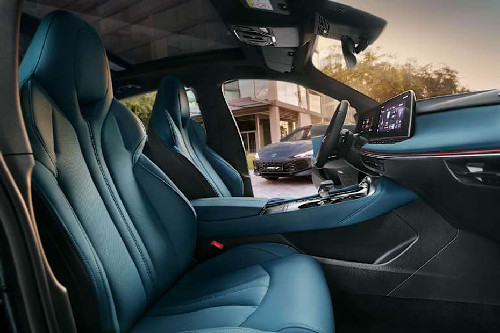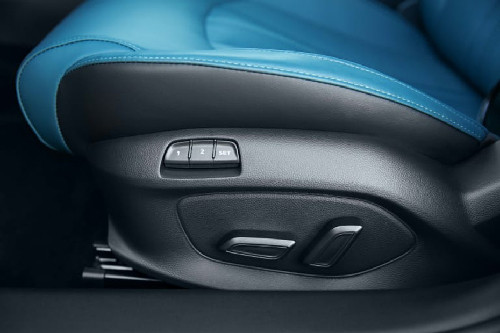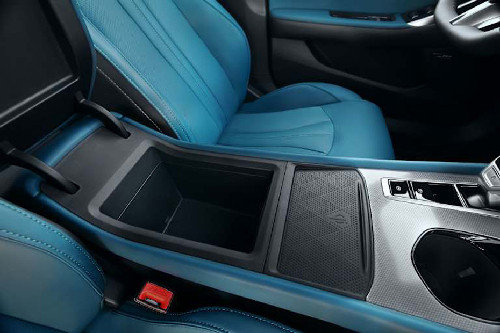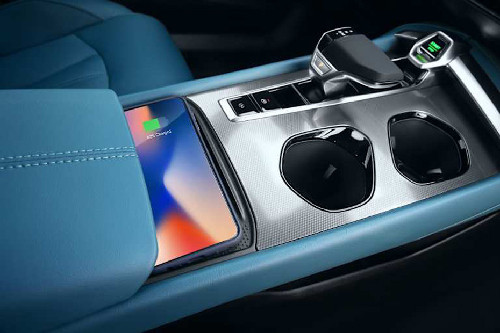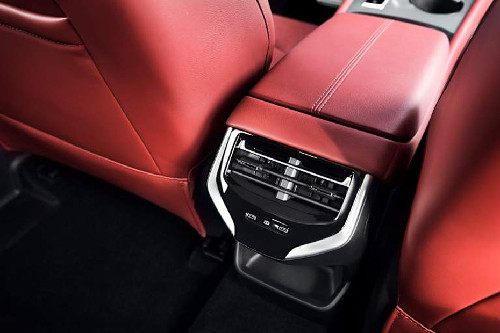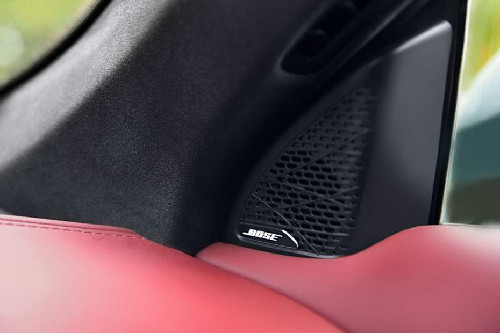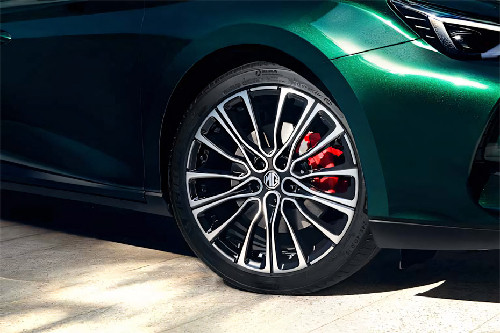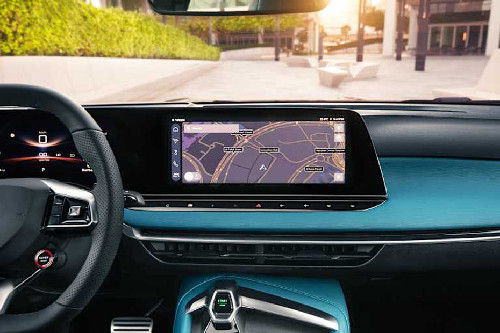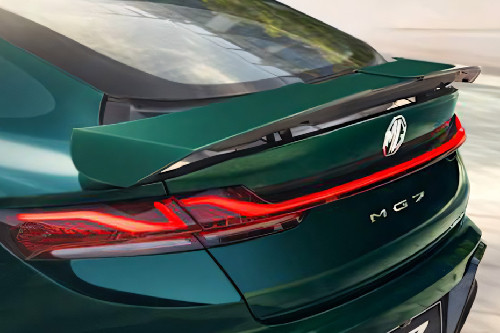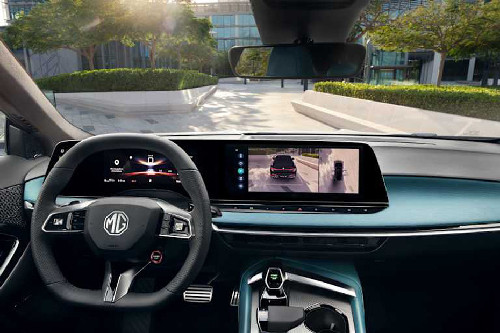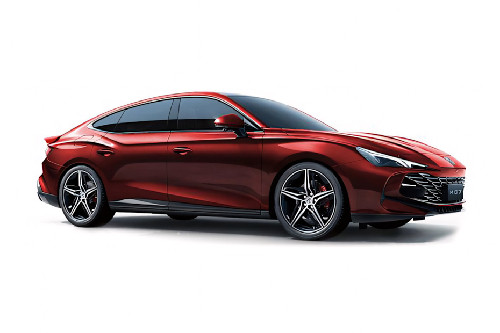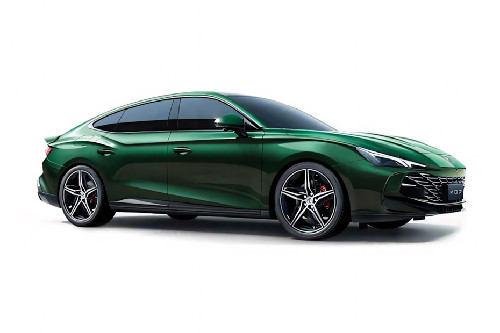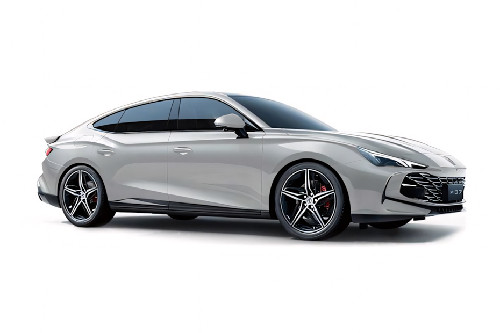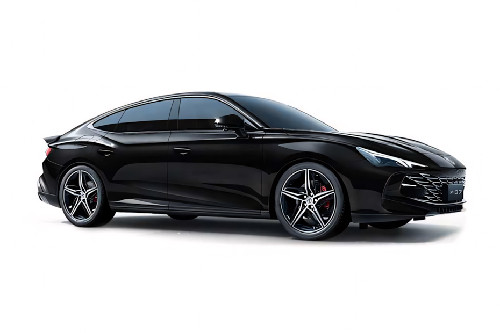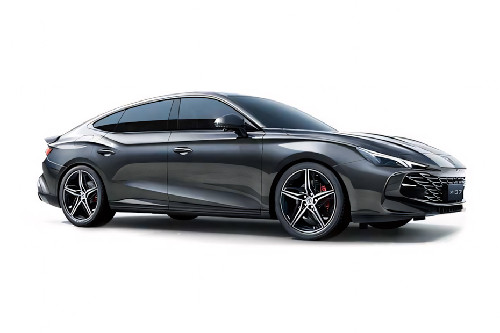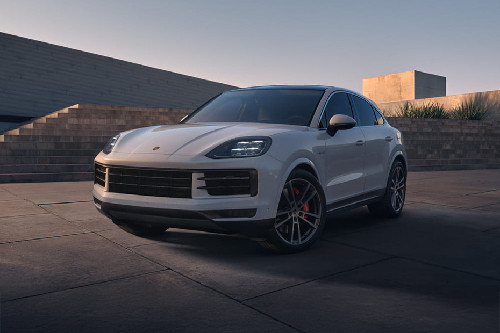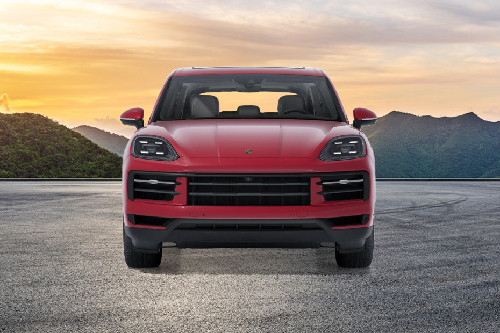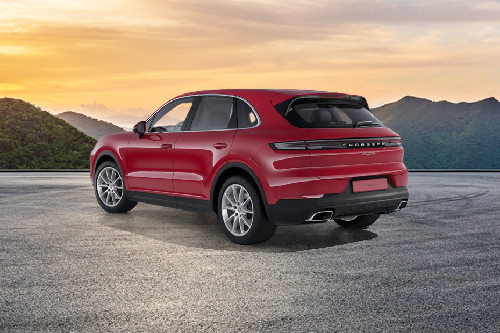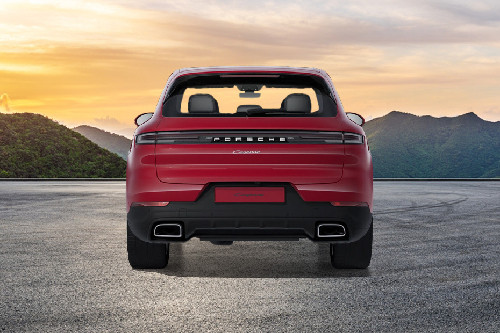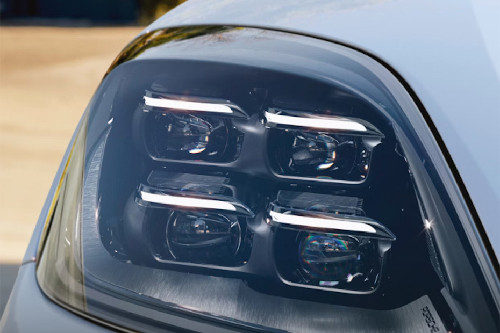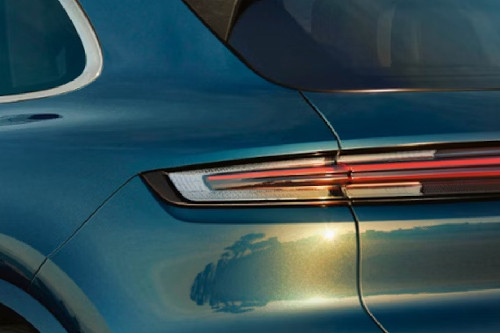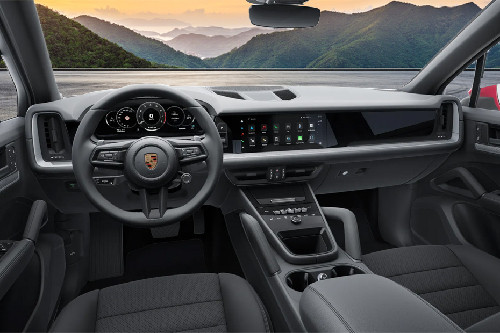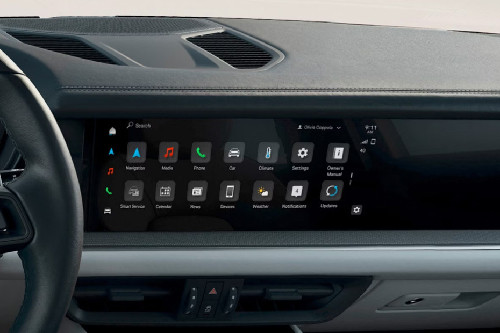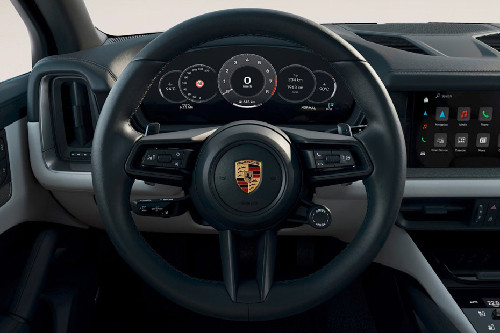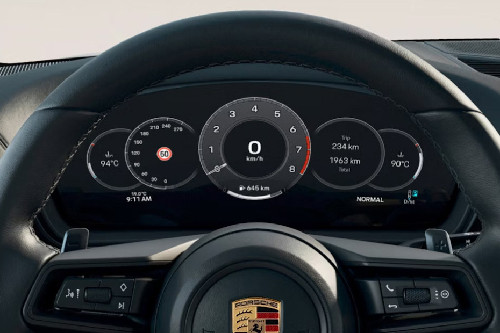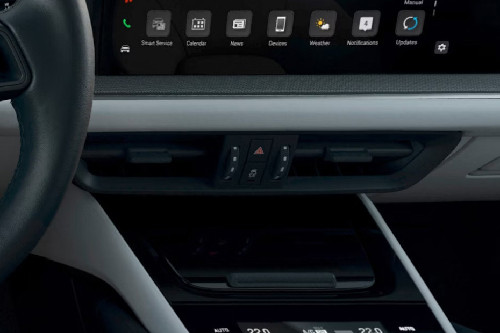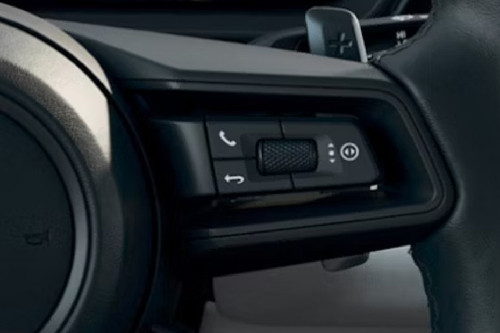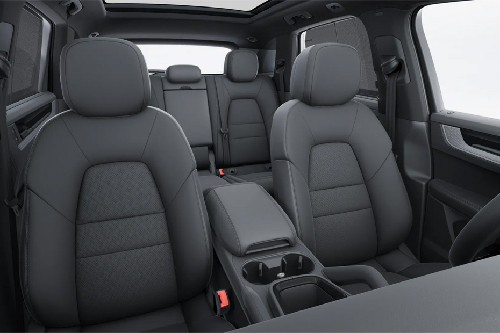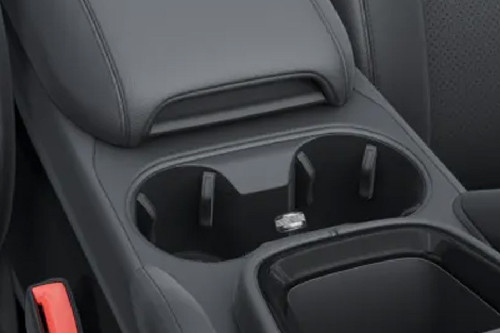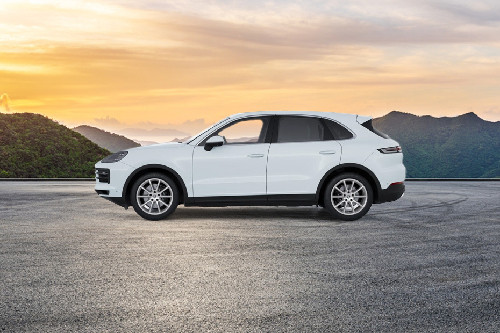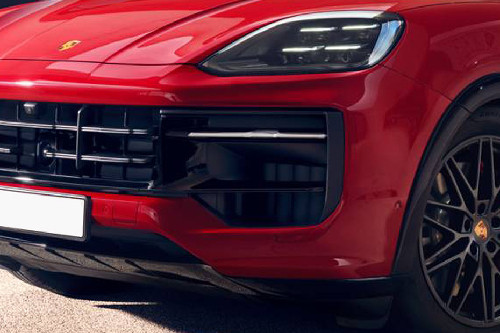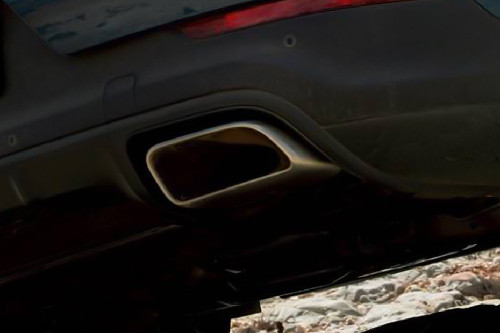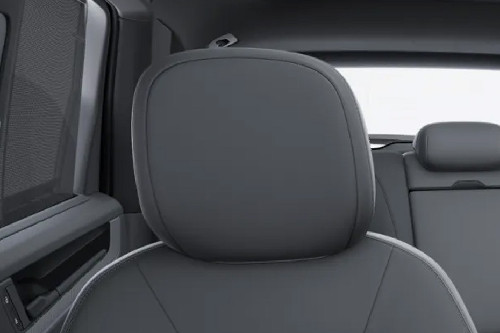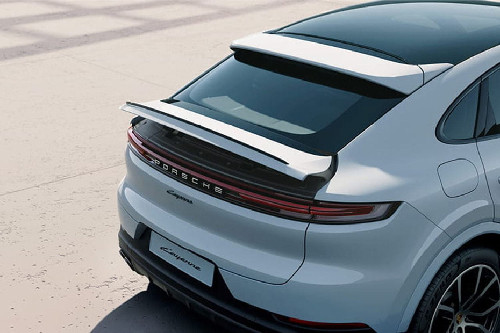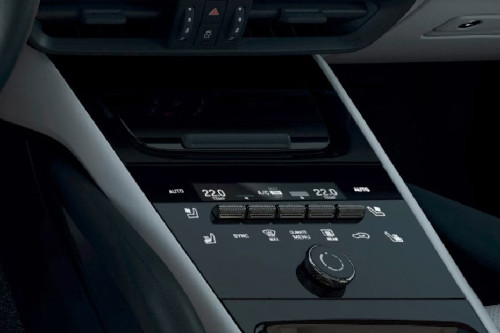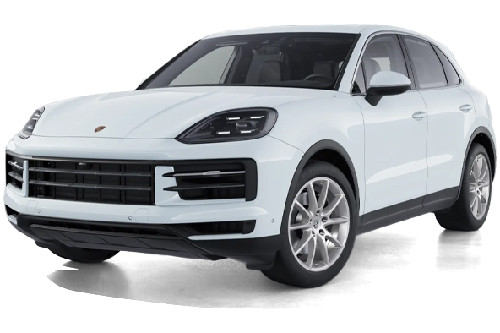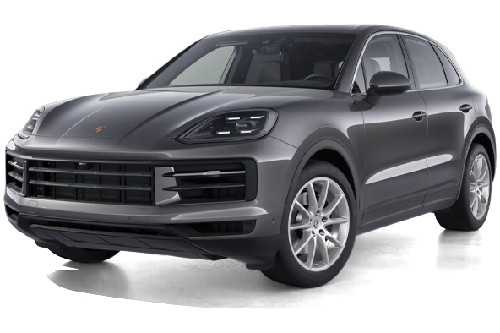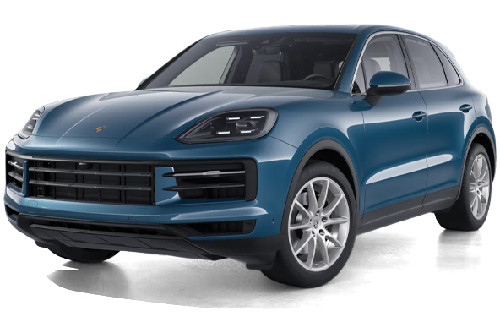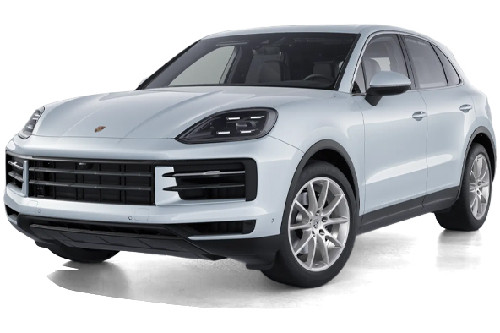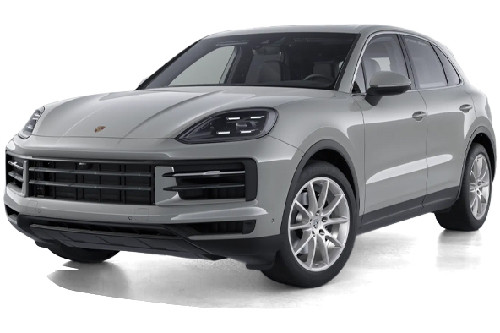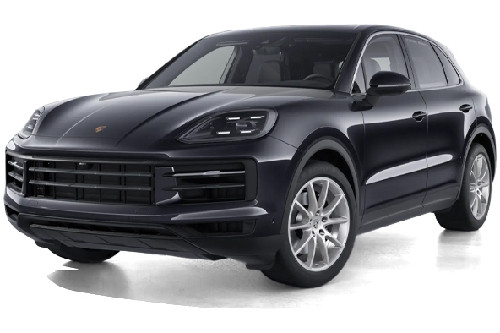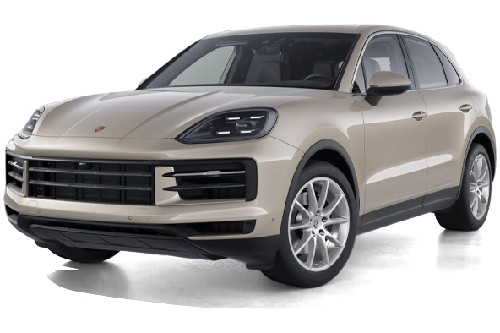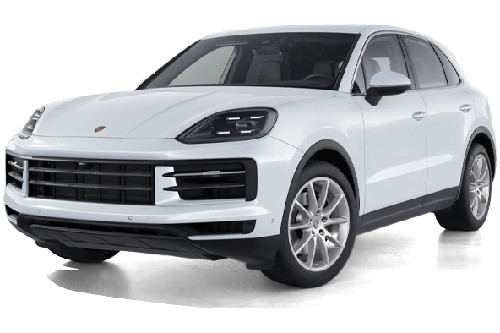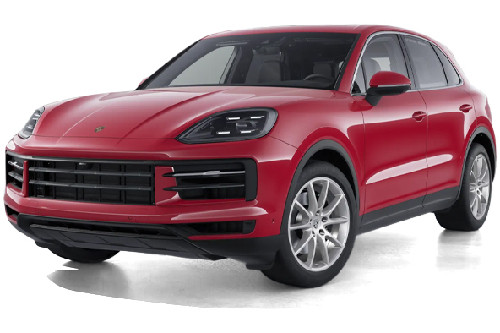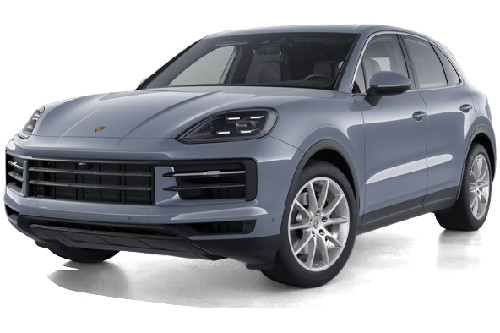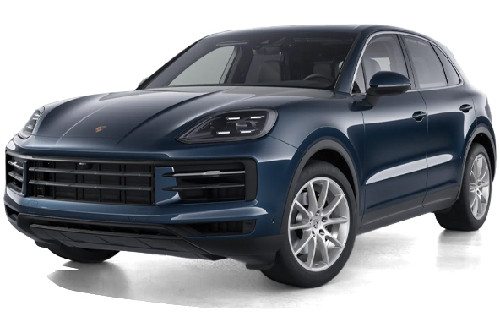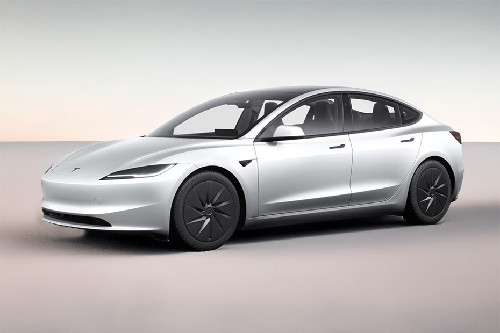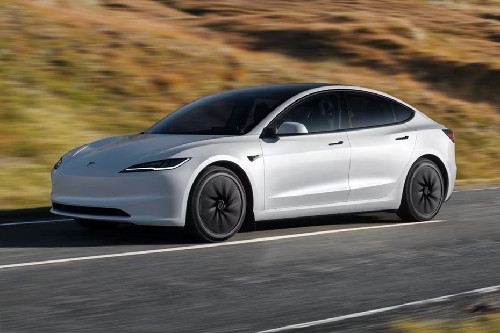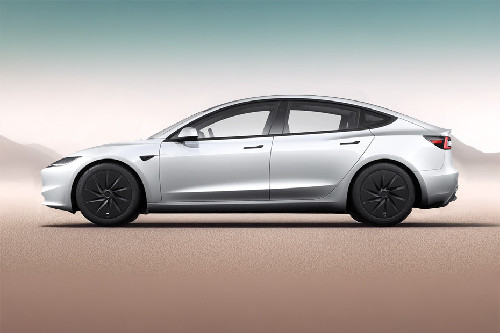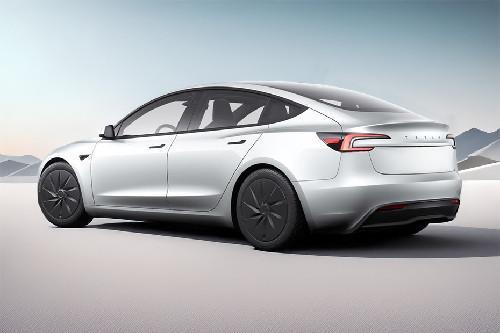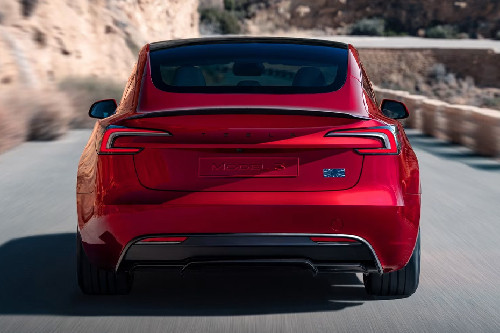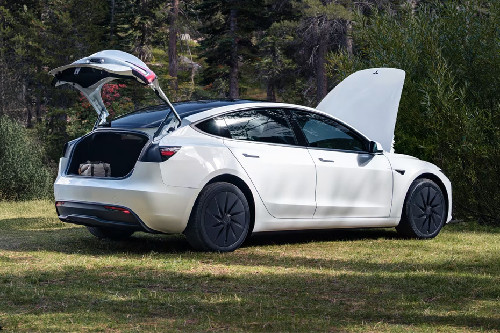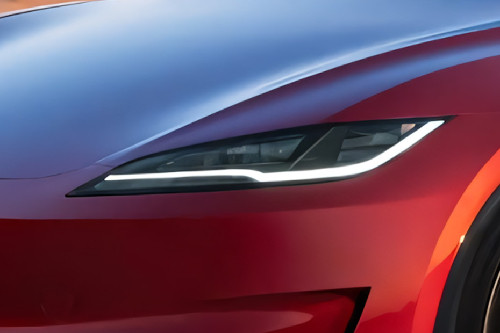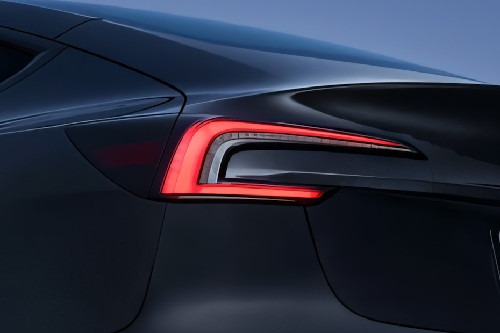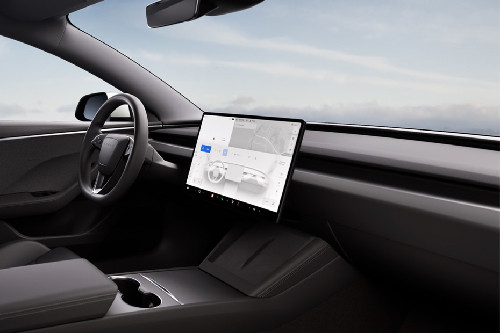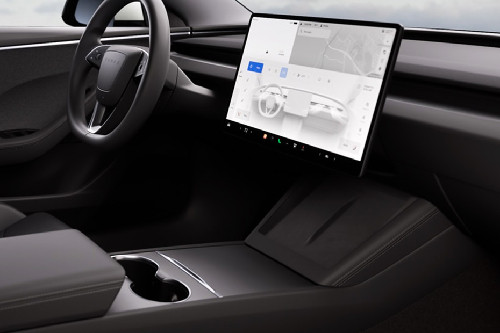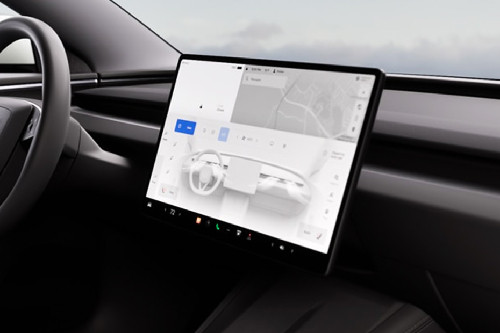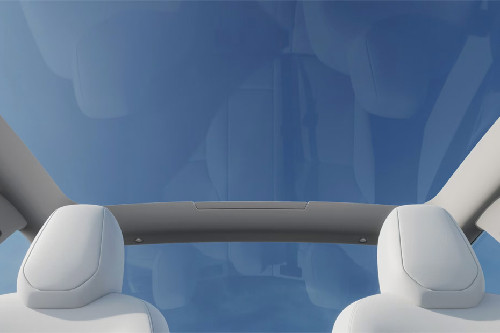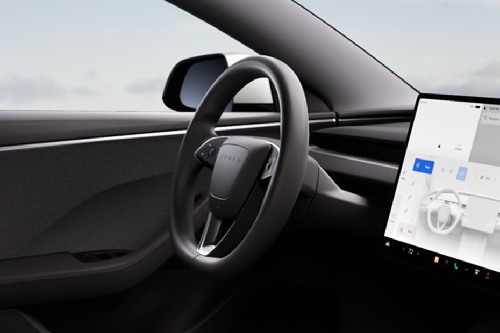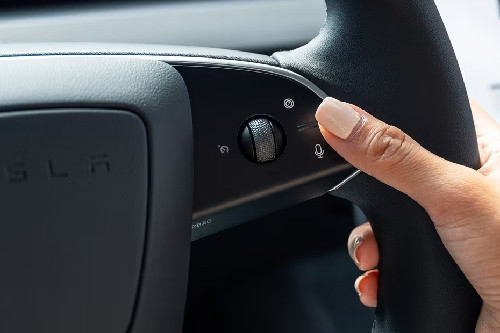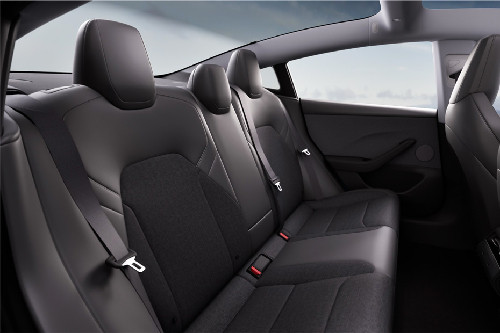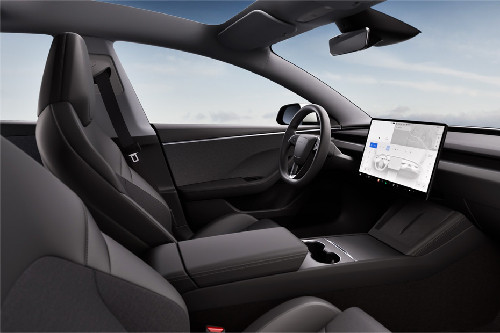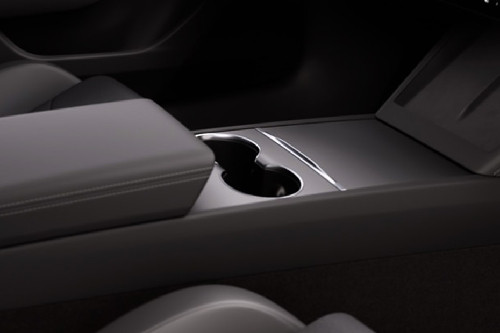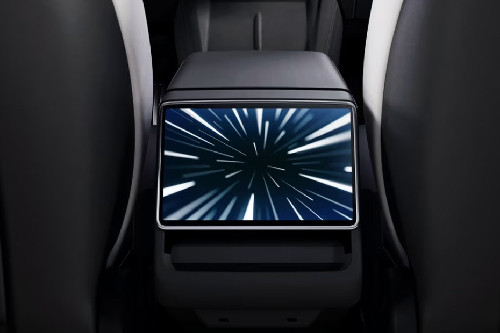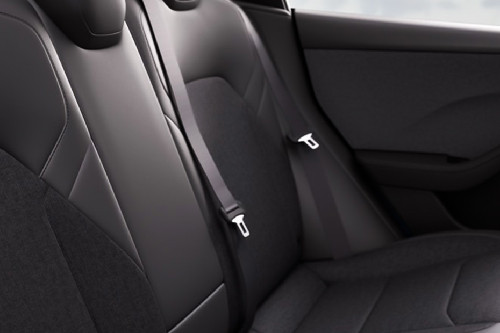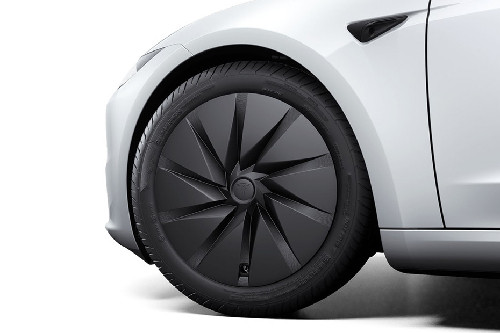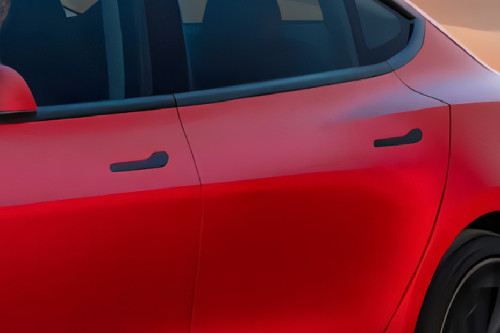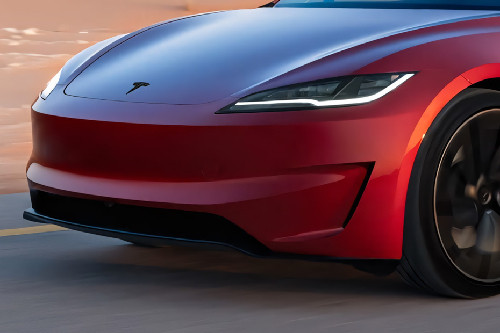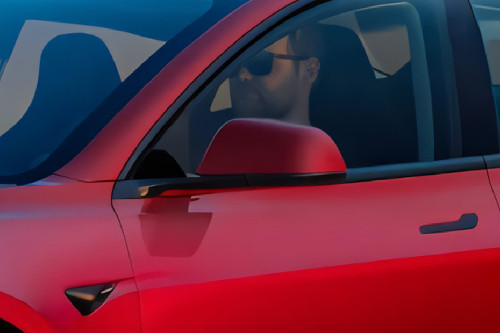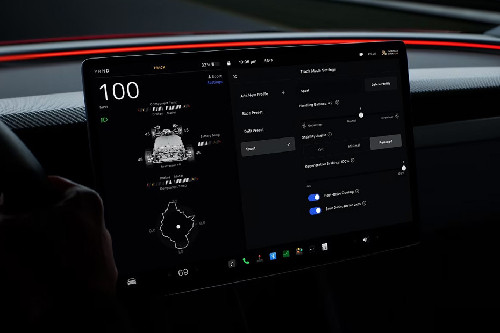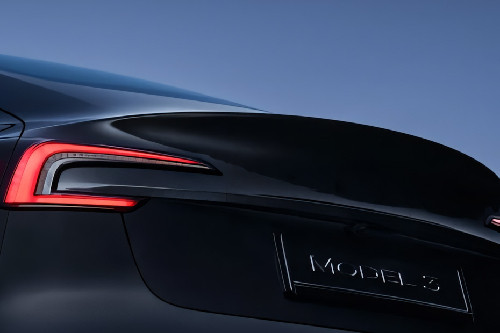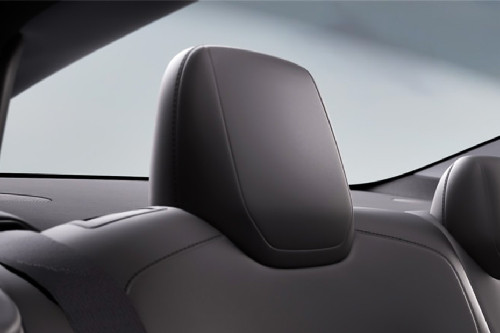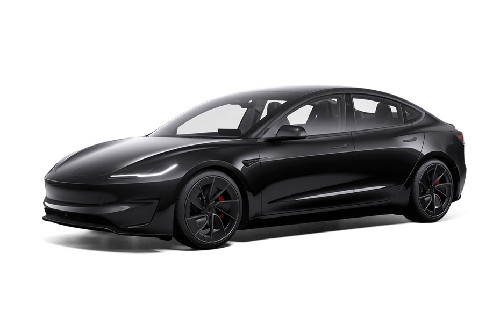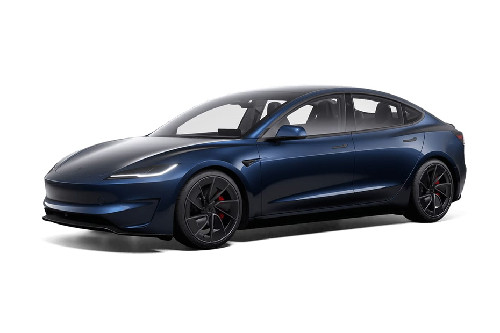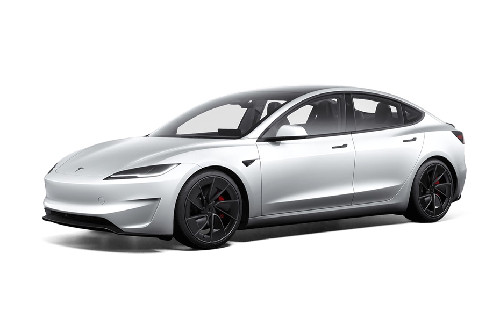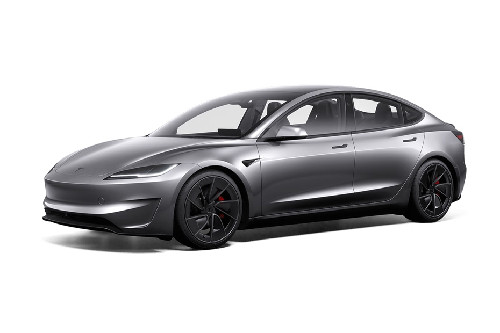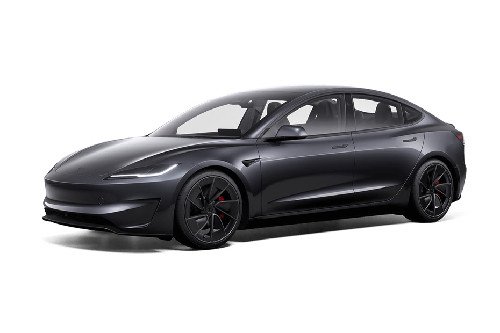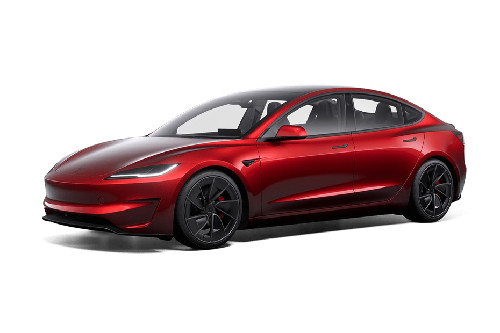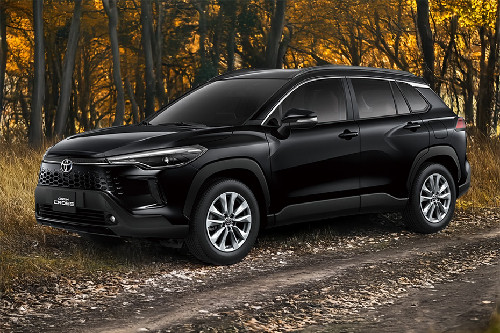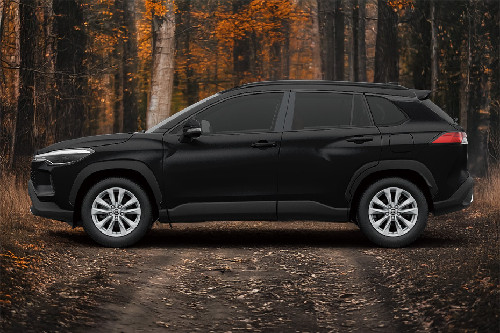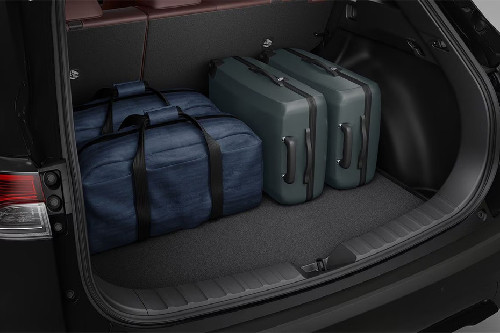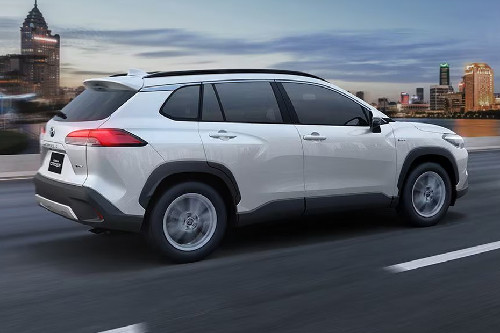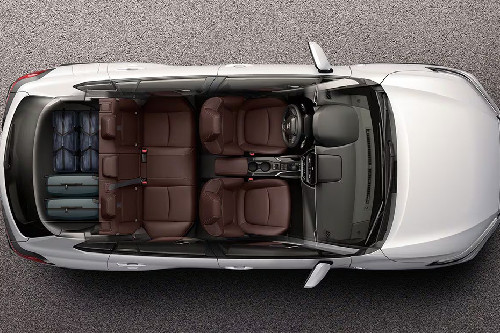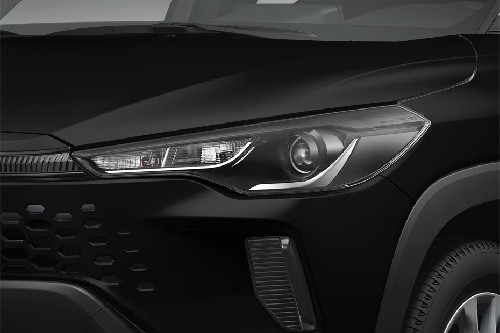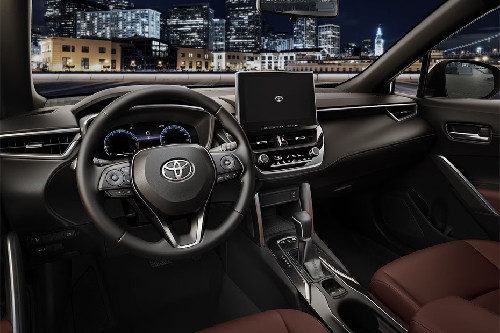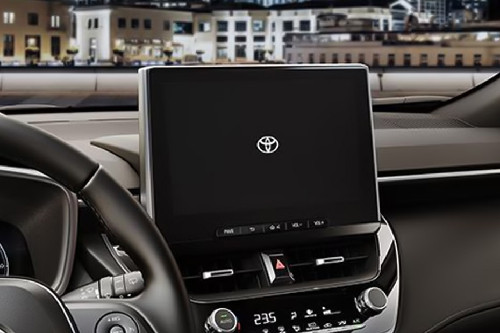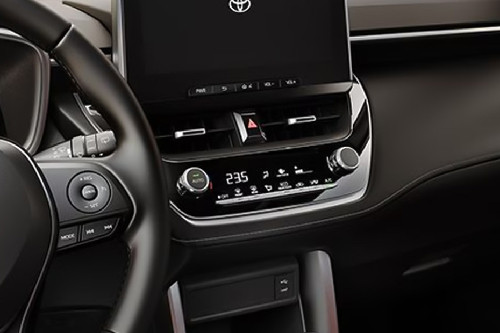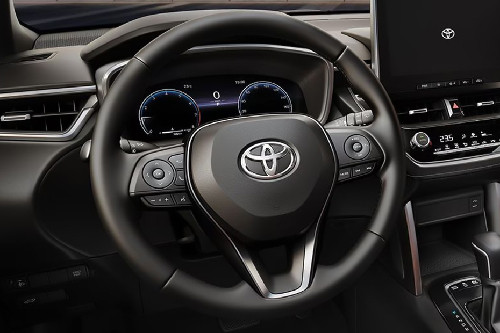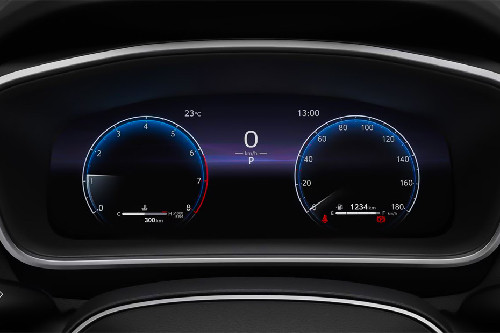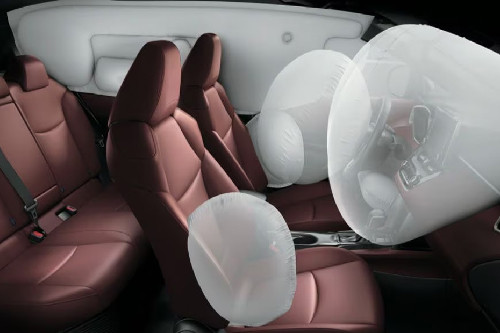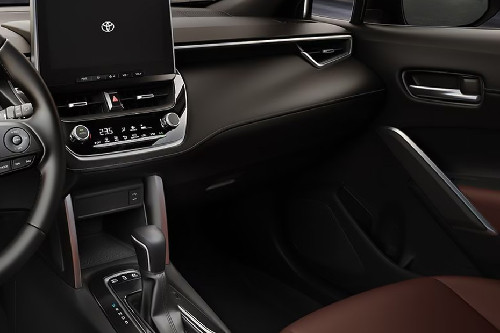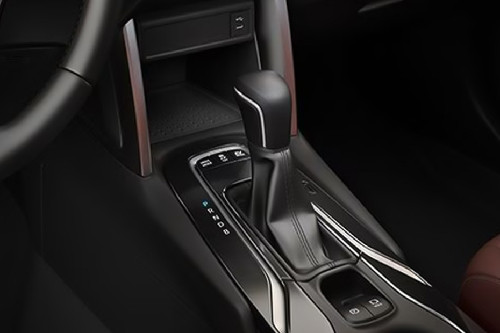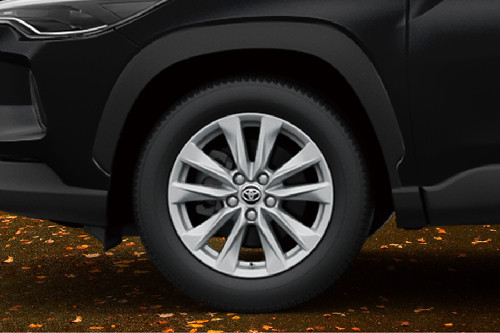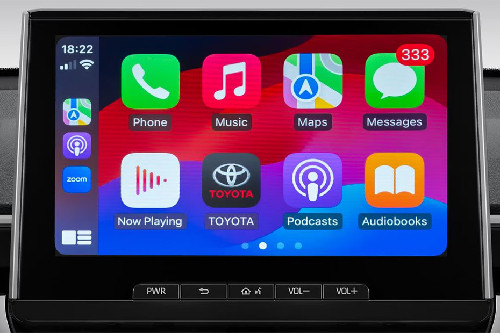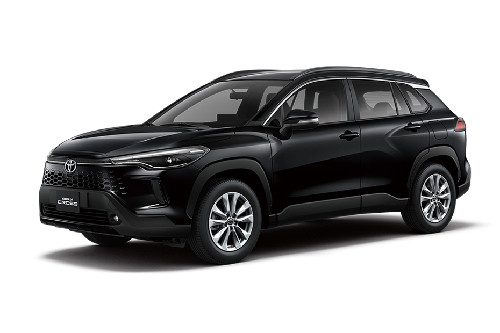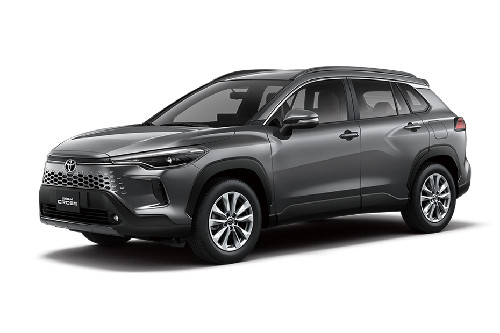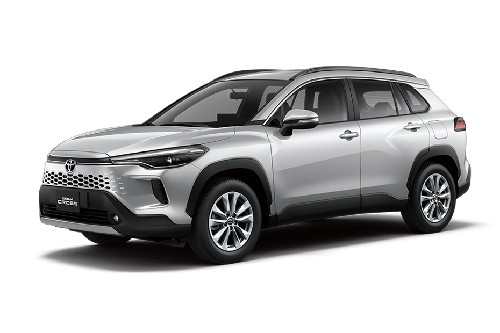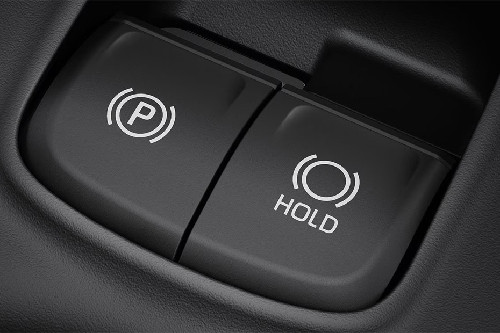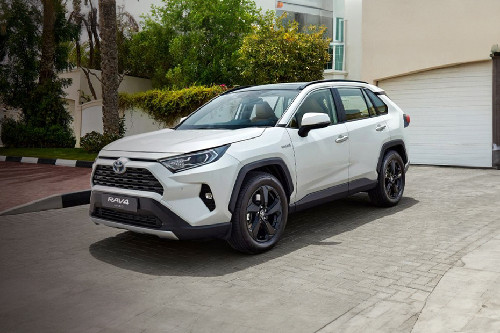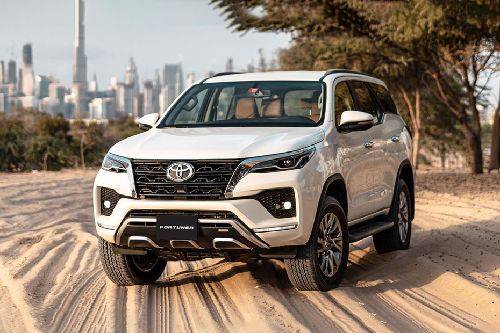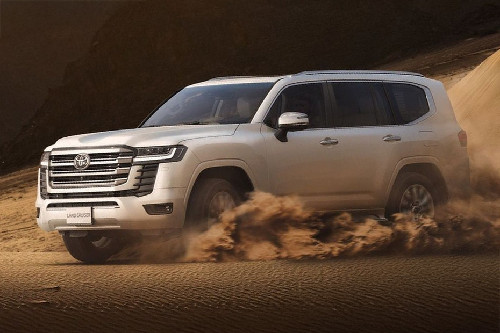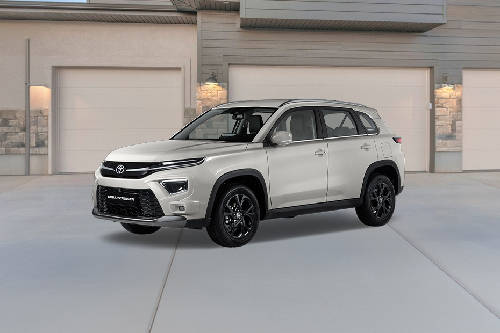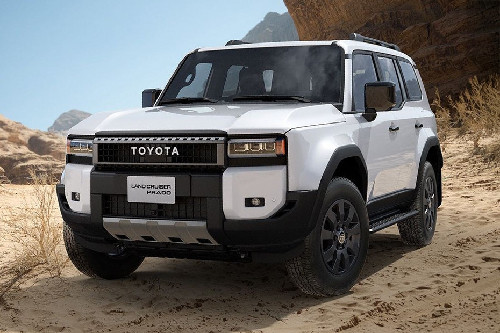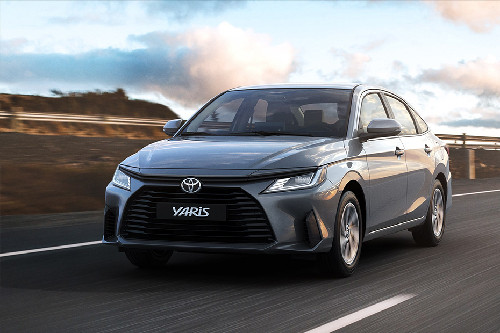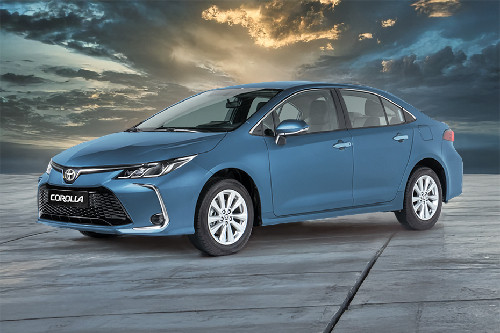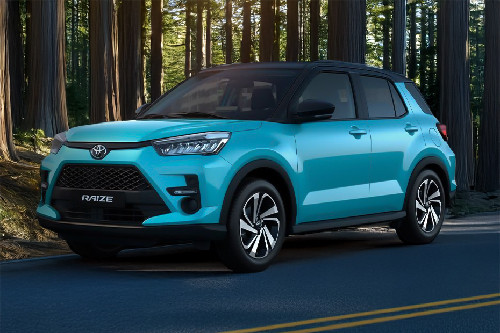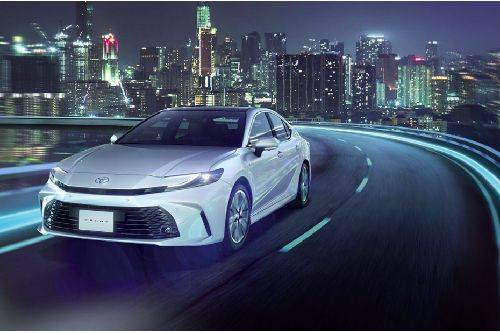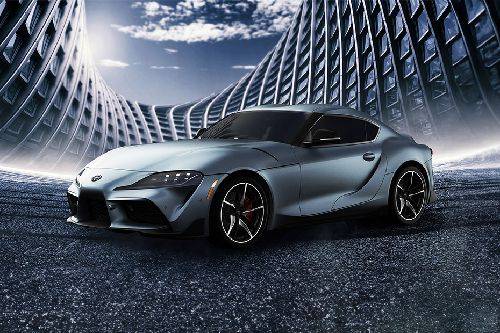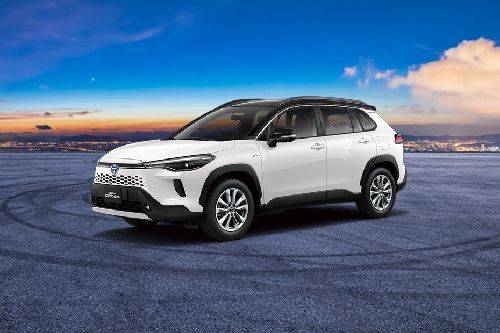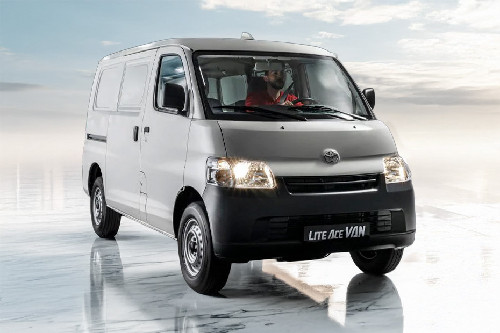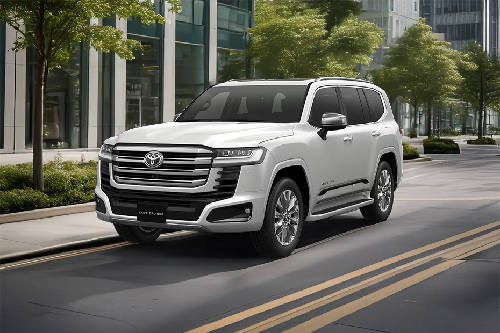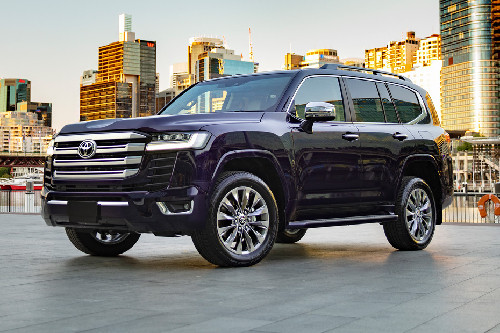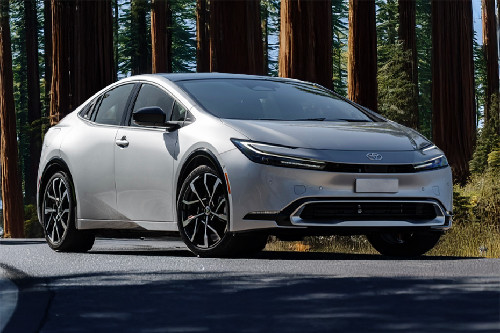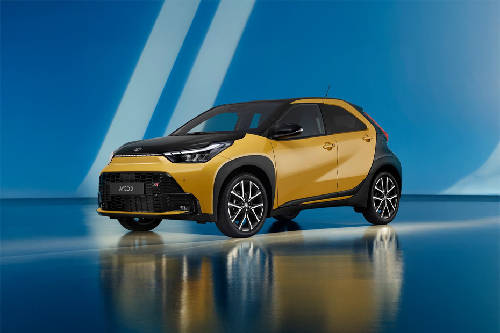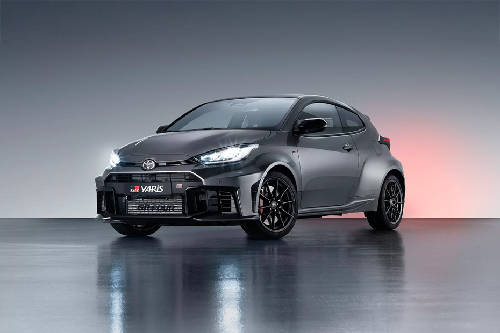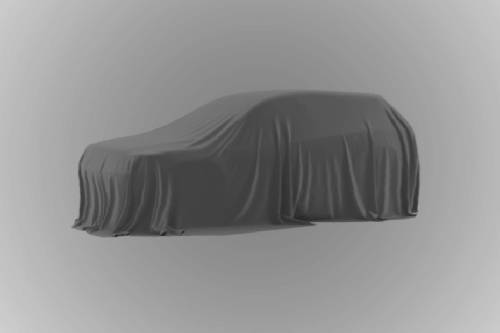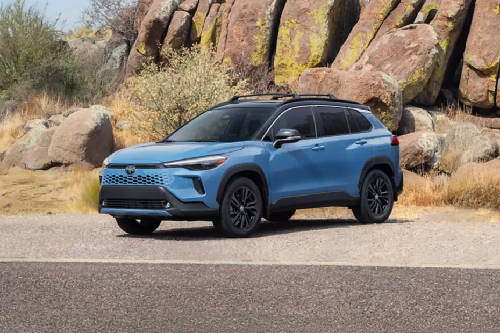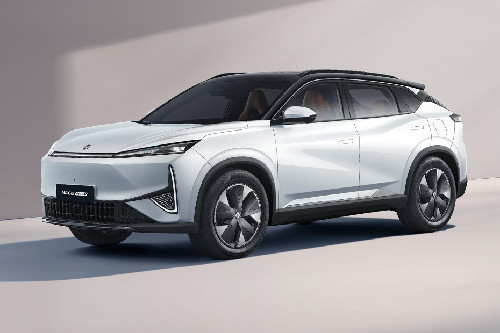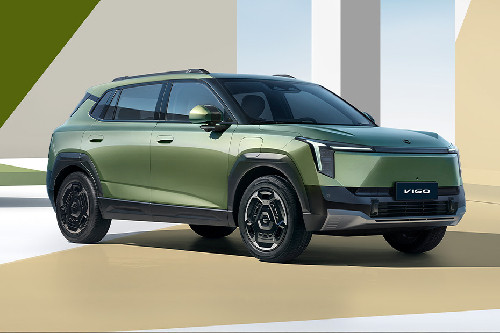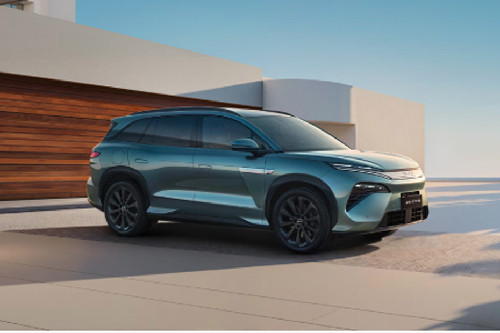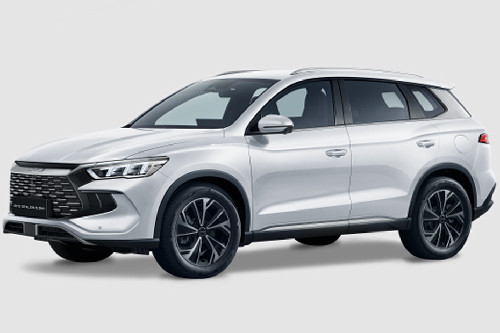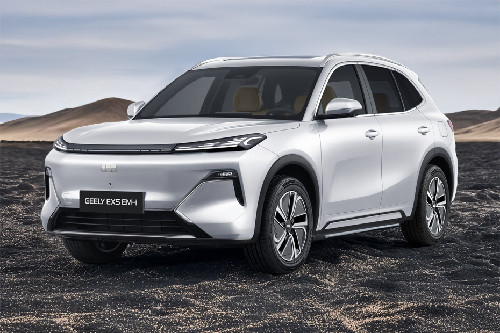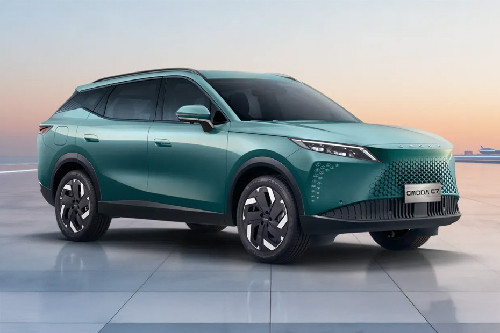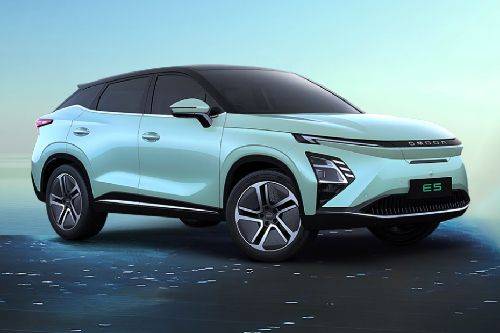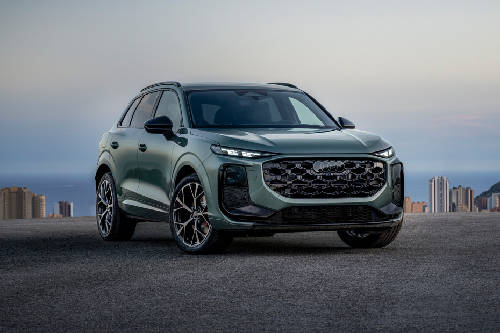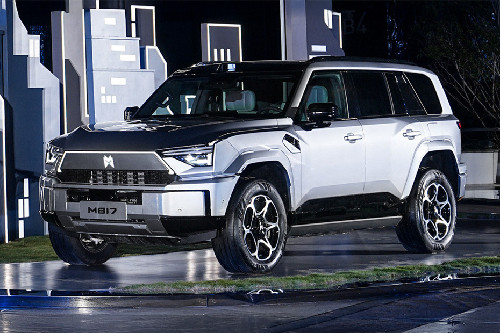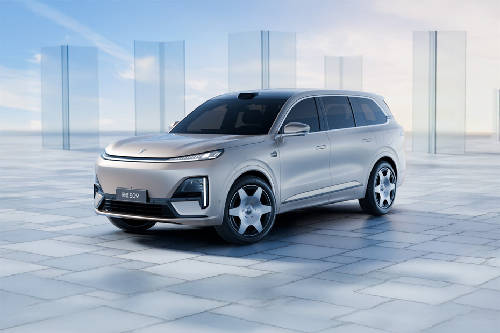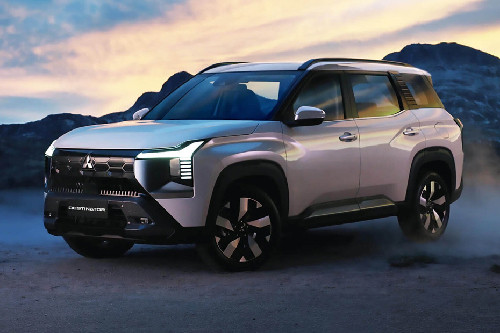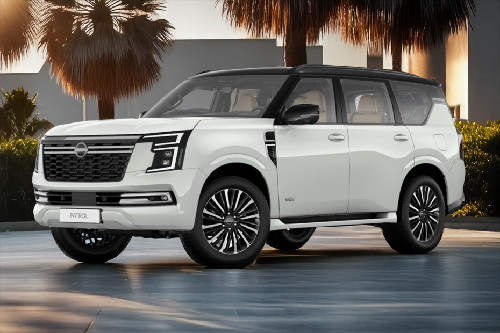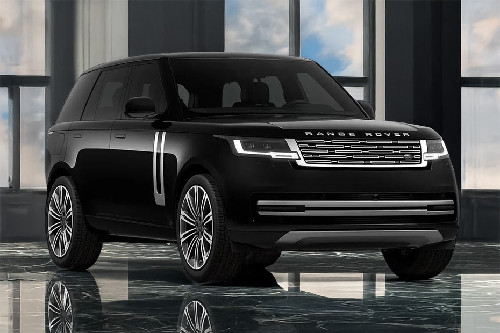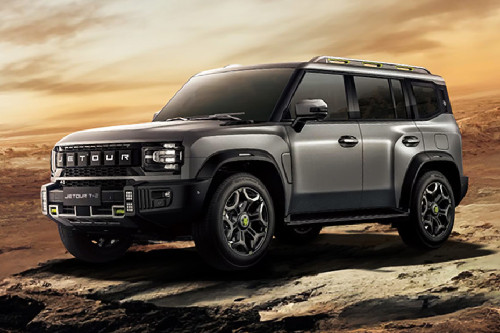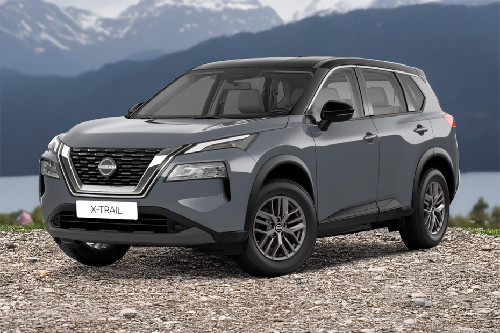Latest Hybrid vs Electric: What’s Best for UAE Driving Conditions

The automotive market in the UAE has evolved over the past few years, with new trends and technologies gaining traction. Buyers are open to experimentation, automakers are racing to bring their latest technologies to the Emirates, and the government is promoting sustainable transportation. Amid this evolving scenario, the alternative power cars have started to take off in a rather big way. It is no longer the dominance of petrol or diesel that buyers think of when considering a new car. There are various options to choose from; hybrid and electric vehicles are two good examples.
KEY TAKEAWAYS
What are the advantages of owning a hybrid car in the UAE in 2025?
Lower fuel costs, reduced emissions, excellent for city and highway driving, tax incentives, and better resale value are some of the benefits of a hybrid car.What are the benefits of electric vehicles in the UAE in 2025?
EVs are zero emissions, have minimal running costs, lower maintenance, government incentives, and a silent, smooth driving experience.Both these powertrains have been well-established worldwide, and customers are embracing them. In the UAE, most brands offer both to buyers, and car owners want greener and more efficient cars. So, anyone in the market for a plug-in hybrid or an electric vehicle has a lot of options, but the real question is, which one suits the UAE the best 2025?
It is now just about the environment, but also practicality is what makes a lot of sense to them. So, is a hybrid or an EV more practical in the UAE? A hybrid feels like a safe middle ground. An electric vehicle feels forward-thinking; however, both promise savings. Neither guarantees it will work for your specific situation; rather, you have to look deeper before making a decision. We try to answer some of your doubts as to what is potentially better. 
Hybrid/EV: Market Status
The UAE charging network has exploded; as of early 2025, there are over 620 public charging stations nationwide. Dubai alone operates 382 green charging stations through DEWA, with plans to hit 1,000 by the end of 2025, and Abu Dhabi is adding 1,000 new chargers at 400 locations this year. This matters because two years ago, range anxiety was real. Now it is getting better. But better doesn't mean perfect for everyone.
At the same time, hybrid technology has matured, and these aren't experiments anymore. They're refined, proven, and available at reasonable prices. So what exactly is a hybrid car? It is a combination of a petrol engine with an electric motor and a small battery, a rather simple concept and smart execution.
Let's assume you’re on your way back home after a gruelling day and you’re stuck in Dubai traffic. The hybrid car automatically switches to electric motor power at low speeds and during stops. The petrol engine is off, the car is silent, smooth, and burning nothing. Then you get on the highway, and the petrol engine kicks back in. In this process, there is no charging required, ever.
This is where hybrids shine in the UAE, as we know the traffic is constant. Acceleration from a standstill is where the electric motor delivers its strongest push. The regenerative braking recovers energy during stops that you would have lost in a conventional car.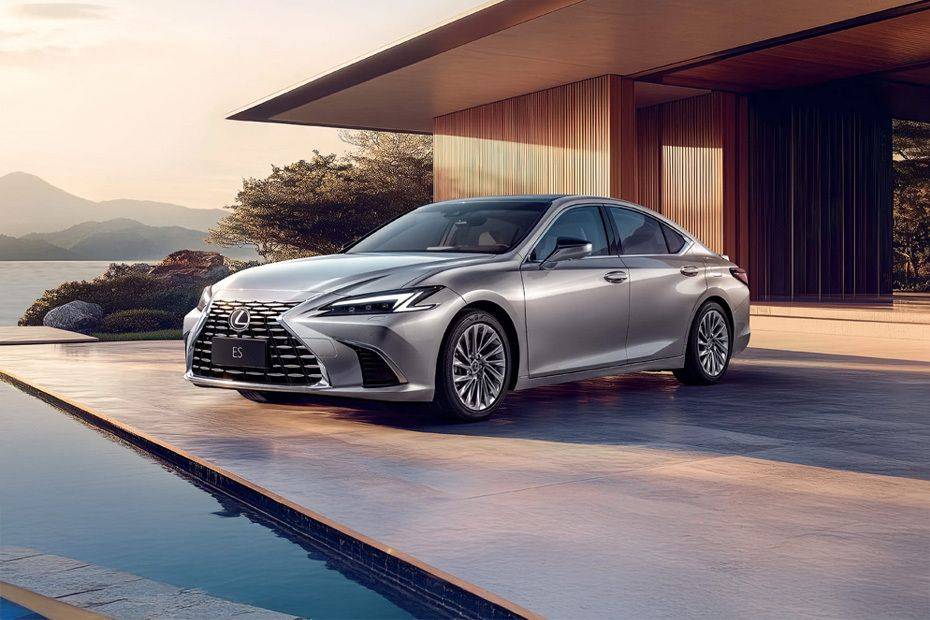
What do numbers tell?
To understand it better, let's take a real-life, relatable example to look at both technologies relatively.
A Toyota Corolla Hybrid is priced around AED 96,900, a non-hybrid Corolla at around AED 76,900. That's an AED 20,000 difference, but the premium you’re paying for a hybrid can pay off rather quickly, the hybrid averages 22-25 km/litre in mixed Dubai driving, whereas the non-hybrid does around 11-13 km/litre.
That's roughly 50% better fuel economy. Over a year of 40,000 km, standard for a UAE driver, that works out to a difference of AED 1,800-2,200 on fuel alone. Maintenance, too, is lower. The regenerative braking means brake pads last 30-40% longer, and a hybrid owner, conservatively looking at real annual savings of around AED 2,000 across fuel and maintenance.
Popular Hybrid cars
The Toyota Corolla Cross Hybrid sits at AED 96,900 to AED 111,900. Reliable, practical, good warranty.
In the premium segment, the Lexus ES Hybrid pushes luxury into the hybrid space at AED 185,000. Fuel efficiency of 22 km/litre combined with premium interiors. If you want comfort and efficiency, this is the move.
The MG 7 Hybrid is another option starting at around AED 80,000 to AED 110,000, depending on the engine. Less brand prestige than Toyota, but solid value.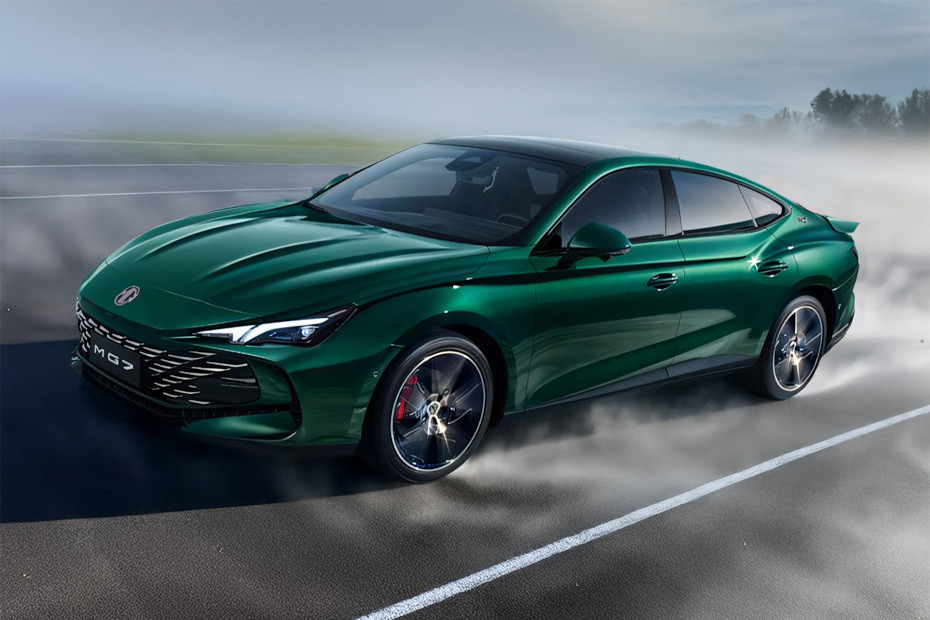
The Electric Path
An electric vehicle is a completely different ball game. There is no petrol engine, no power backup; rather, the powertrain is just a battery and an electric motor.
Every time you drive, the battery is offering power to the car. When you stop or brake, that energy charges back into the battery. There's no compromise with petrol when the battery gets low, and you plan to look for it.
Anyone who drives 30-40 km daily in Dubai and parks at home or work with charging access, EVs are the best. For someone driving 100+ km daily with irregular charging access, it is a different calculation.
DEWA operates hundreds of chargers across Dubai, and AC charging costs AED 0.70/kWh. DC fast charging is AED 1.20/kWh. That's cheaper than petrol on a per-km basis, but there's infrastructure dependency. Home charging is the real game-changer if you own. Installation costs around AED 2,000-4,000 initially, but after that, you're charging overnight for pennies. That's not comparable to any petrol car.
Popular EV Models
The Tesla Model 3 starts at AED 158,670. Range depends on trim, but the Long Range gets over 500 km per charge. Tesla's supercharging infrastructure is globally well-known and solid. Real-world driving shows 12-13 km per kWh efficiency.
The ZEEKR 7X SUV starts at AED 169,900. 272 horsepower, practical space, the kind of EV that doesn't feel like a compromise. The range is around 400-500 km, depending on the variant.
The Forthing S7 at AED 139,900 is genuinely affordable. Yes, it's Chinese, but the warranty is solid, and it handles UAE heat well.
Premium options like the Lucid Gravity (AED 372,225) and Hongqi E-HS9 (AED 322,900) bring luxury and performance to electric.
Which Works Best
You drive 35 km daily, mostly in Dubai, and can charge at home or work. In such a scenario, EVs are the perfect choice. Costs per km are lower, with no petrol filling, and the car fits your driving pattern perfectly. Since the infrastructure is supported, you don’t worry about rage or other hassles.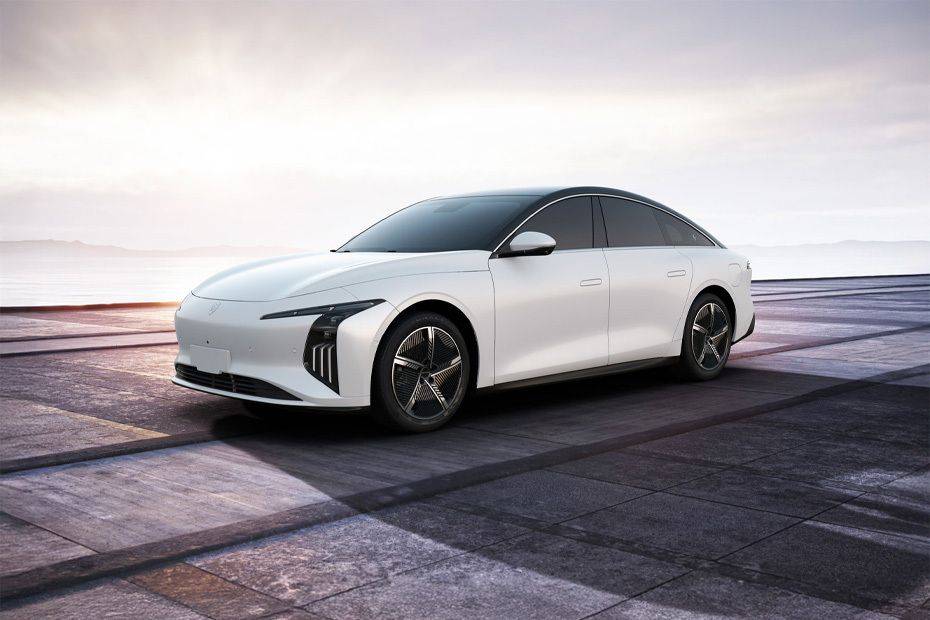
If your daily driving stretches between 60-80 km daily between different Emirates, the answer is that the pattern resoundingly is that hybrid. You get efficiency for city driving, flexibility for longer routes, and zero concern about charging gaps between cities. The Lexus ES Hybrid or Toyota Corolla would serve you well.
You take regular trips to Liwa or areas beyond the easy charging access. A Hybrid is essential. Range anxiety with electricity is real outside the main Emirates, and also a hybrid's petrol backup is worth more than lower fuel costs.
You drive less than 50 km daily and want the lowest total cost of ownership; here, EVs are more suitable if charging is accessible. Lower running costs, government incentives (registration fee exemptions, toll discounts), and free parking in many areas. Over five years, the math favours EV.
You want luxury and performance today, hybrid options like the Lexus ES or Porsche Cayenne E-Hybrid deliver both. Fuel savings are a bonus, not the main story.
The Hidden Costs To Consider
|
Aspect |
Details |
Notes |
|
Insurance |
AED 1,500-3,000 annually for electric, hybrid, and petrol cars |
Cost depends on vehicle value and trim; differences are minor |
|
Battery Replacement |
Battery lasts 10 years or 200,000 km with 8-10 year warranties |
Minimal degradation likely in UAE heat if cooling is maintained |
|
Resale Value |
Hybrids hold value well; Toyota Corolla Hybrid highly liquid market |
EVs still finding foothold; Tesla Model 3 depreciates faster than |
|
Government Incentives |
EV perks: registration fee exemption, Salik toll exemptions, free parking, VAT benefits |
Mostly for EVs, limited for hybrids |
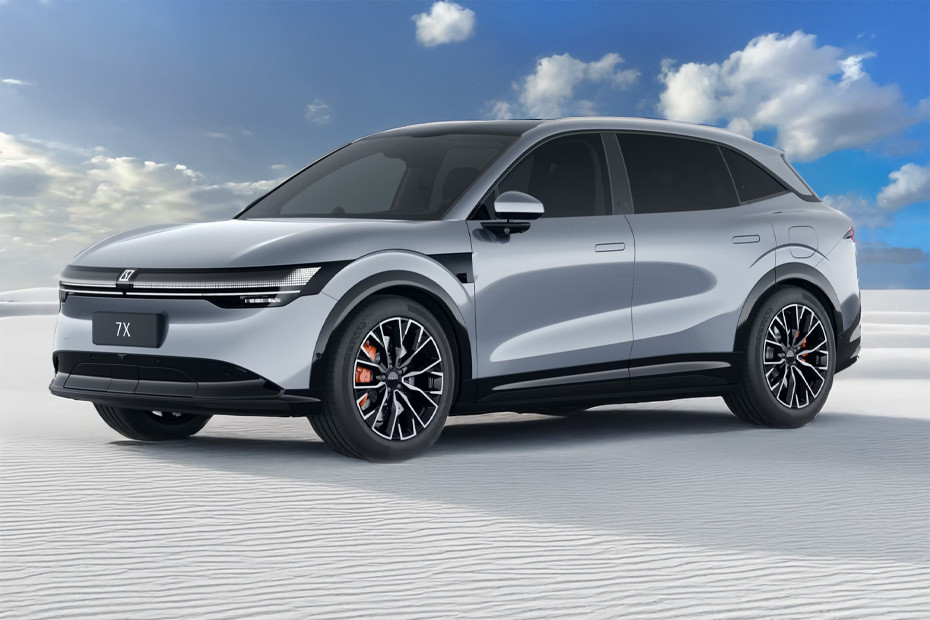
The Practical Choice
Overall, looking at the technological landscape in the UAE, hybrids are the smarter choice for most UAE drivers right now. Hybrids are cheaper as far as upfront costs are concerned than EVs; besides, they handle the long drives between Emirates. What also works in their favour is that they don't require you to rewire your home, just work fine in Ajman and Abu Dhabi, and Liwa without stress. The fuel savings are real, maintenance is lower, and you're not taking a leap of faith on technology adoption.
However, EVs are an option too, and they make sense if you're city-bound, have charging access, and your daily driving is predictable. If you’re fine with shelling out first-time extra money, then the running cost, cost per km, is really lower. The driving experience is smoother. And if you care about emissions, the difference is significant, 60-80% less CO2 compared to petrol. The hybrid is the safe bet. The electric is the forward bet.
Conclusion
Looking at both the hybrid and EVs as standalone technologies in 2205, they both are proven and highly established. There isn’t a debate about their viability in everyday life; both work perfectly fine and are equally better with their inherent technological superiority.
We try to explain both the technologies and their applications in the UAE. Buyers have multiple choices across segments and price points for both, and it is up to the individual to find the perfect ease of use and driving pattern that determines which one works best. You must make a decision based on your individual factors like price, usability and driving pattern, as both the technologies are proven and work just fine.
Toyota Car Models
Don't Miss
Automotive News and Reviews
- Latest
- Popular
You might also be interested in
- News
- Featured Stories
Featured Car
- Latest
- Upcoming
- Popular
Compare & Recommended
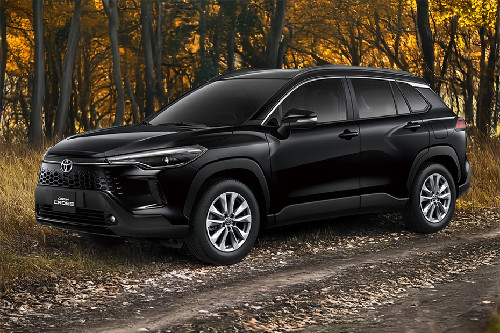
|
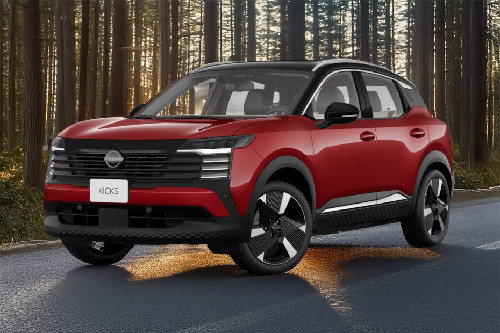
|
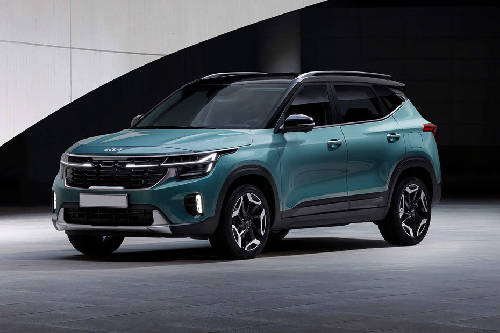
|
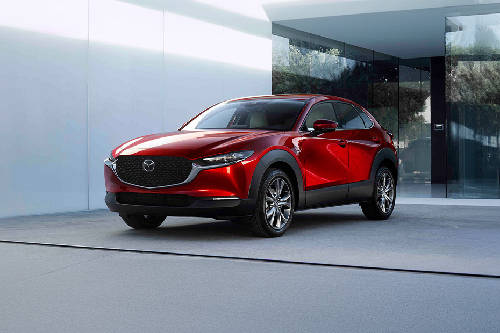
|
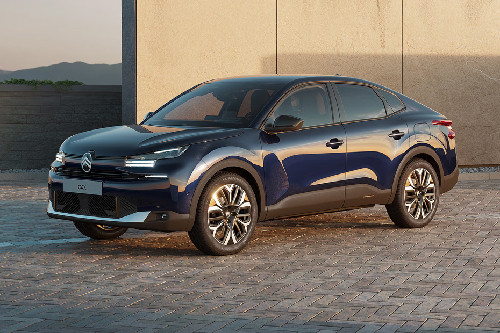
|
|
Transmission
Automatic
|
Automatic
|
-
|
Automatic
|
Automtic
|
|
Engine
1798
|
1997
|
1497
|
1998
|
1198
|
|
Power
138Hp@6400rpm
|
142Hp@6000rpm
|
115Hp@6300rpm
|
153Hp@6000rpm
|
130Hp
|
|
Torque
172Nm@4000rpm
|
190Nm@4000rpm
|
144Nm@4500rpm
|
200Nm@4000rpm
|
230Nm
|
|
|
Trending SUV
- Latest
- Upcoming
- Popular
